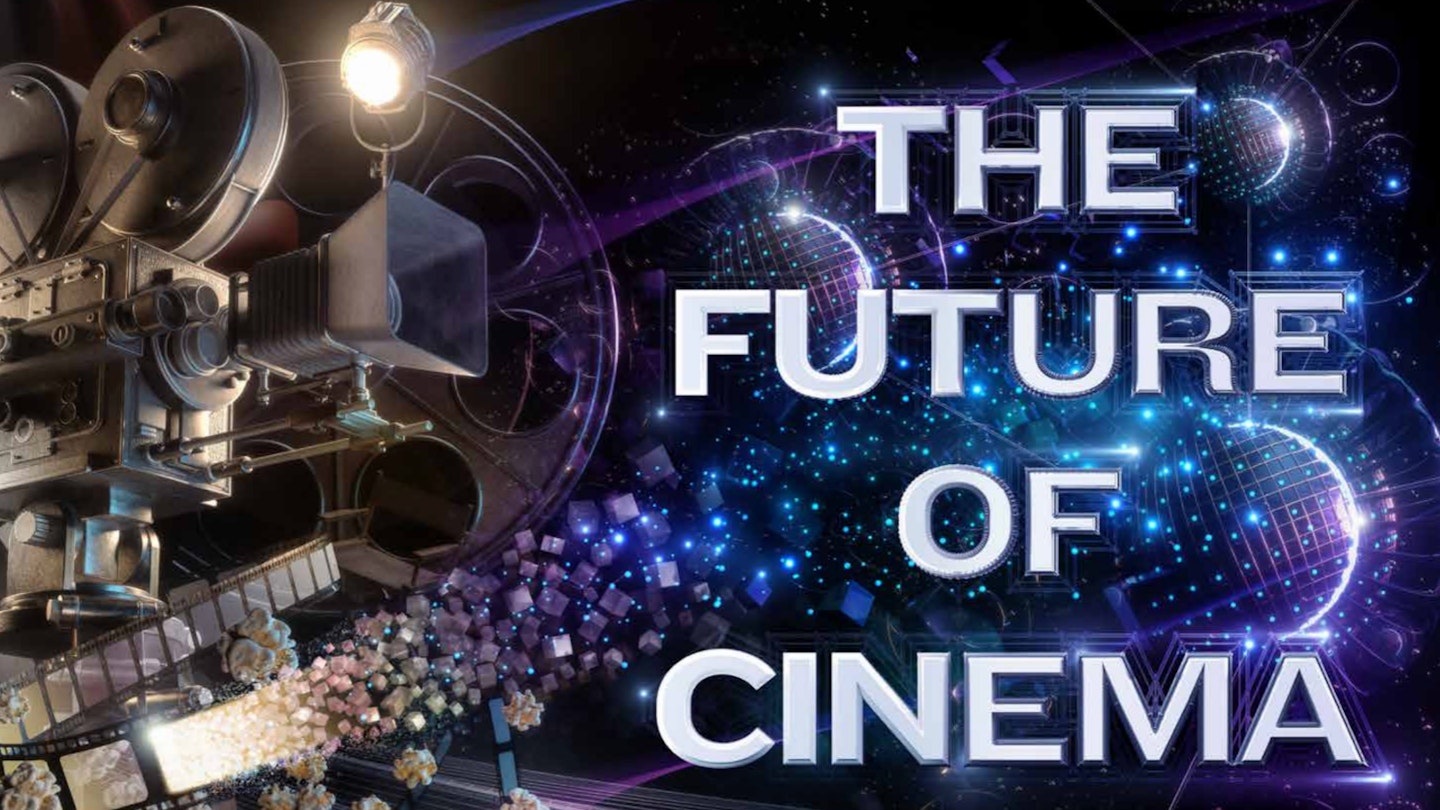Here at Empire, we have a tradition of sharing one article from our year at Christmas — consider it a digital stocking-filler. And so, as 2024 comes to a close and our attention turns to the year ahead, let us share with you a piece that's close to our hearts: our Future Of Cinema feature, in which we picked the brains of Hollywood's finest blockbuster directors and indie filmmakers on the state of play in the industry we love. We talked to George Miller, Sofia Coppola, Sean Baker and more all about the rise of AI, the streaming boom, and the movies — and moviemakers — who are leading the way as cinema enters a brave new world. So read on, and join us as we take a trip into the future...
The Future Of Cinema


George Miller
(The Mad Max Saga, Happy Feet, Babe: Pig In The City)
What is one word that comes to mind when you consider the state of cinema?
Darwinian.
What was the last new film to blow you away?
The rise of streaming — blessing or curse?
The way we receive content is always evolving. It depends on how we adapt to its potentials and contradictions.
What can cinemas do to make moviegoing more enticing?
We are hard-wired to gather in the sharing of stories. I believe cinemas are, for the most part, doing everything they can…

What’s your take on AI?
Yet another powerful new tool. Question is, can we be clear-sighted and ethical in the way we use it?
Name one or more people whom you consider to be ‘the future of cinema’.
The comprehensively skilled, self-starting storytellers who have already figured out how to engage audiences on multimedia platforms.
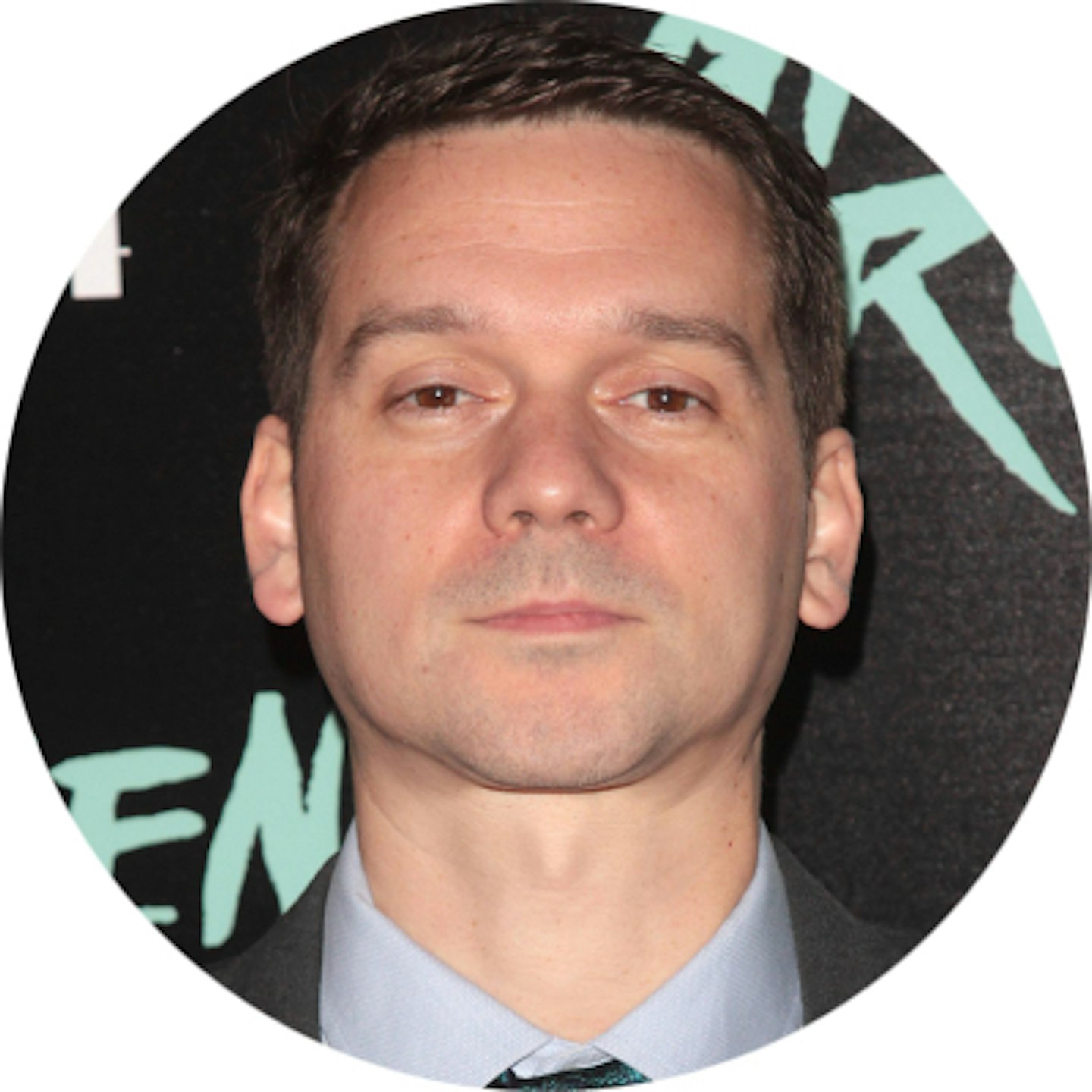
Jeremy Saulnier
(Rebel Ridge, Green Room, Blue Ruin)
What is one word that comes to mind when you consider the state of cinema?
Reinvigorated.
What was the last new film to blow you away?
The Thing (1982). Not new, of course. I’d seen the film dozens of times (among my top five faves) on VHS home video and a beat-up print from the ’80s. But seeing a pristine print of John Carpenter’s classic on the big screen (The Egyptian in Hollywood) was like seeing it for the first time. I caught myself wondering as it played, “What the hell are we even doing if this film from 40- plus years ago blows just about everything else away?” Not to discount the amazing films being made by my contemporaries (Love Lies Bleeding comes to mind), but it just seems that all the new technology pushed on filmmakers from script to screen ends up adding layers and layers of needless veneer atop what was already near-perfect.
The rise of streaming — blessing or curse?
Neither. Streaming is a technology that’s replacing the way most of us experience home viewing. Sure, I dig physical media and prefer to have my own curated collection on a shelf. But whether it’s paying bills, buying groceries, or chatting with friends, everything is moving online — good luck trying to stop that train. Home video isn’t the downfall of the theatrical experience — historically it’s actually kept it afloat as a hedge against box-office failures. Because the real money is in licensing titles to ancillary markets. And when those licences expire, the titles are licensed again. And again. There’s great value in building libraries. And that’s where streaming as a business model gets dicey. Especially if everyone’s doing it. Now every studio is funnelling their own titles to in-house streaming services. Those lucrative licensing fees gave way to a total and continued dependence on subscribership, which means cutting costs for ‘content’. More importantly, it hurts artists. Residual payments from ancillary markets are what kept authors and creators afloat with shares of all that money changing hands. If you take that away, it’s not a healthy business model. So I guess the real curse is corporate consolidation.
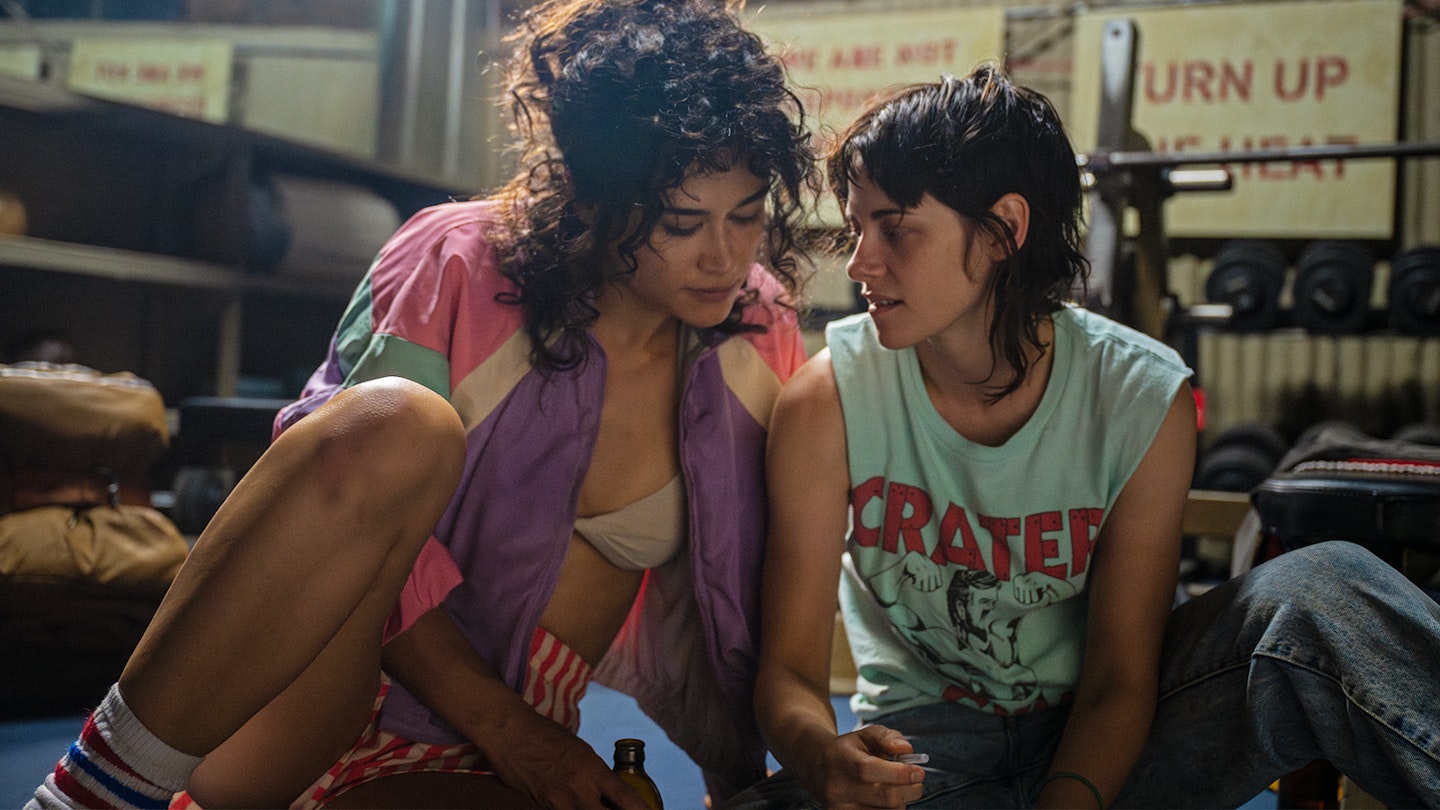
What can cinemas do to make moviegoing more enticing?
For general audiences? Who knows. Trap doors that open up and swallow shitheads who pull out their cellphones during the show? One goofball can spoil the experience for an entire audience, so I guess it’s just weeding out those who think they can privatise our public space. I recently relocated to Los Angeles and I’m happy to report that the moviegoing experience here couldn’t be more enticing. Great programming, great crowds, and deep respect for both highbrow and lowbrow cinemagoing. I joined the American Cinematheque and definitely found my tribe.
What’s your take on AI?
I fell in love with filmmaking because it presents the unique opportunity to interweave disparate crafts in pursuit of a single artistic endeavour — which is then shared and celebrated with an audience. Hard to beat that. A film’s inspiration can be deeply personal but its creation requires collective effort. And its exhibition, if successful, creates community. It’s a very human experience. On set, I like rolling up my sleeves, kicking up dirt and spraying Karo Syrup blood all over the place. Even if I could achieve the exact same imagery alone in my office with a computer, I wouldn’t. Film sets are electric because they are inhabited by living, breathing people with experience and ideas that, from time to time, are able to catch lightning in a bottle. Fuck all that fake shit because, you know — for me? The action is the juice.
Name one or more people whom you consider to be ‘the future of cinema’.
Someone who’s reading this, getting ready to take their shot.

Fede Alvarez
(Alien: Romulus, Don't Breathe, Evil Dead)
What is one word that comes to mind when you consider the state of cinema?
Struggle.
What was the last new film to blow you away?

The rise of streaming — blessing or curse?
A curse for theatres.
What can cinemas do to make moviegoing more enticing?
Get closer to IMAX in quality.
What’s your take on AI?
It’s here to stay whether we like it or not. And I hope it cures cancer and brings blessings to humanity, to compensate for the damage that it will create in some other fields.
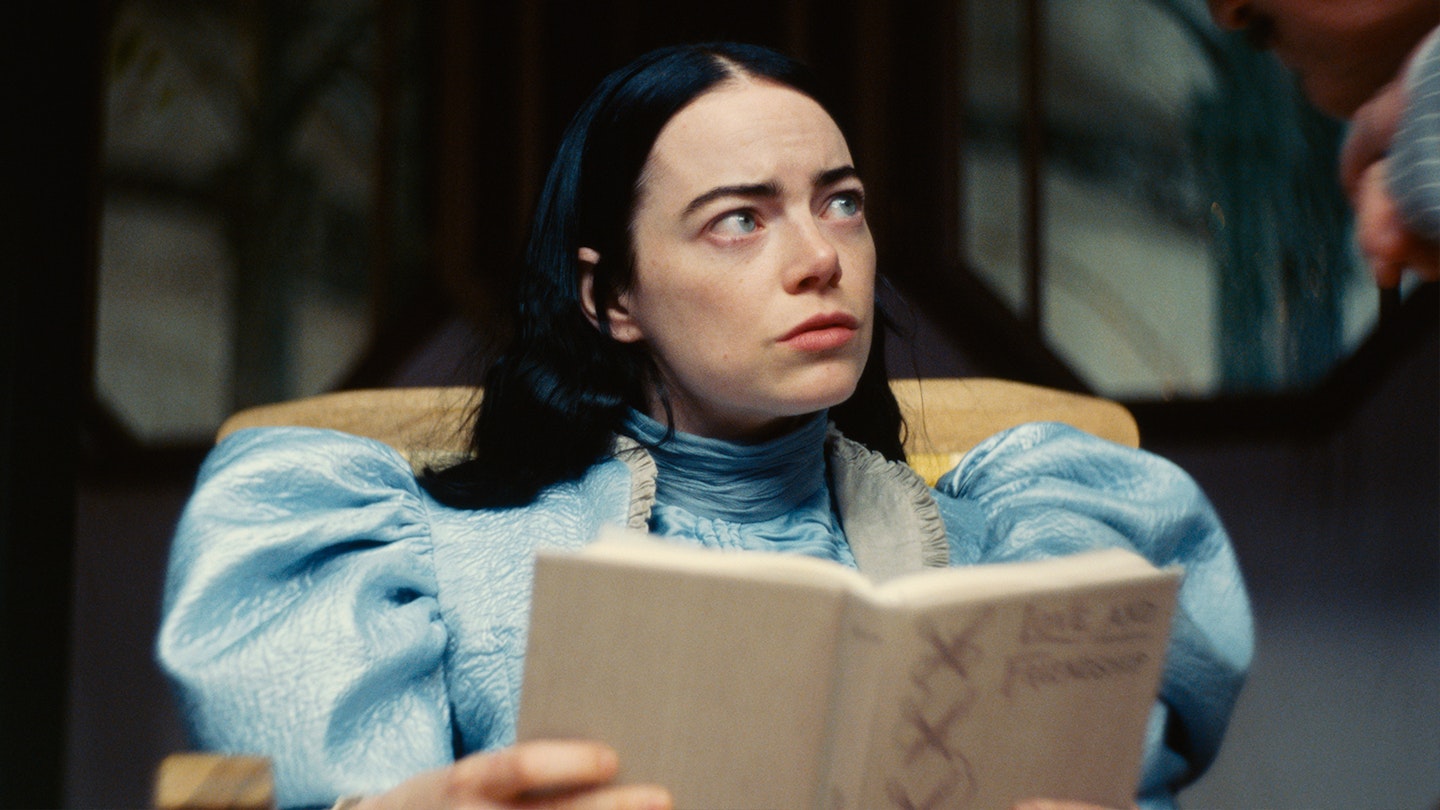
Name one or more people whom you consider to be ‘the future of cinema’.
Daniels, Josh and Benny Safdie, Yorgos Lanthimos, Jordan Peele, Luca Guadagnino.
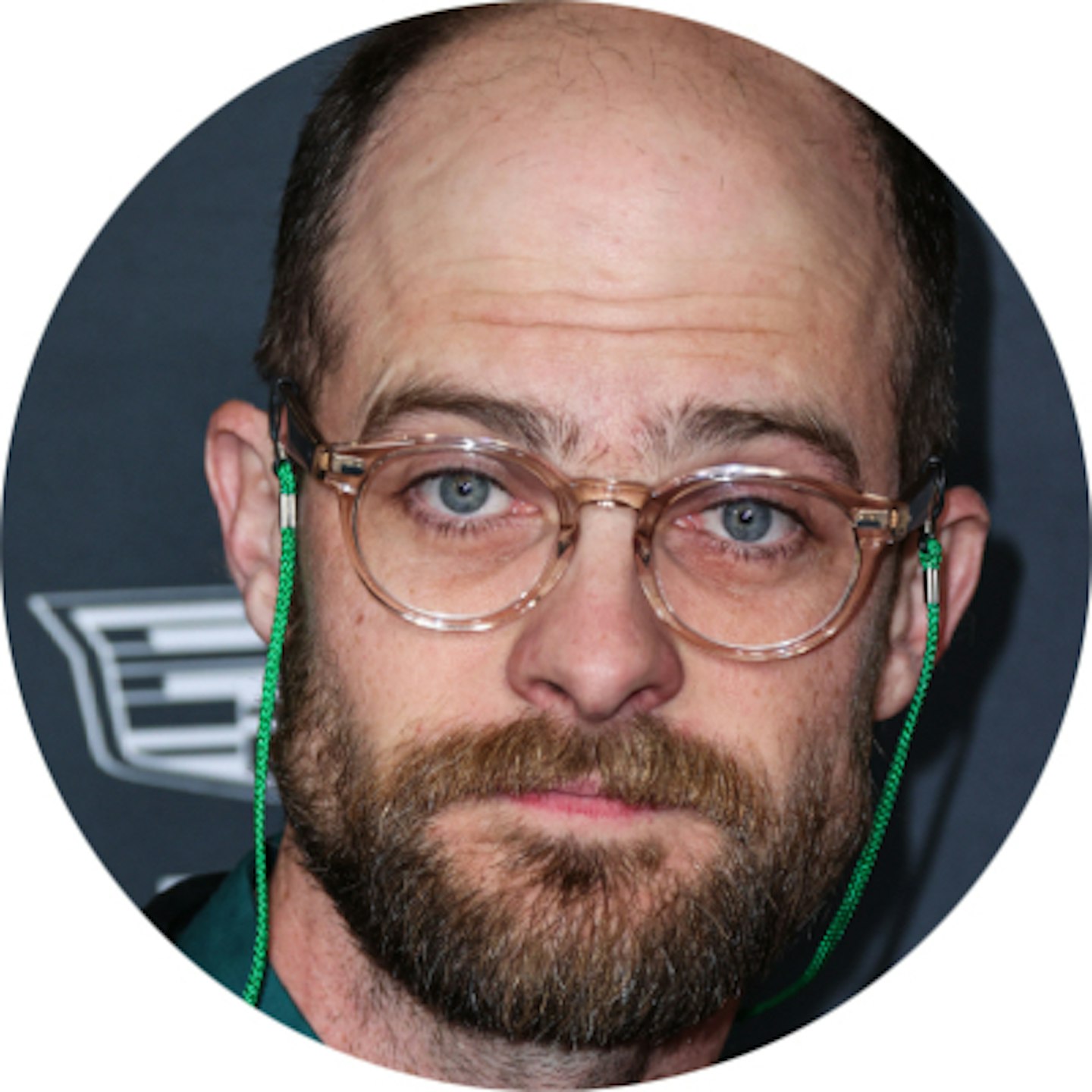
Daniel Scheinert
(Everything Everywhere All At Once, Swiss Army Man)
What is one word that comes to mind when you consider the state of cinema?
“Uhhhidunno...”
What was the last new film to blow you away?
SING SING!!!!
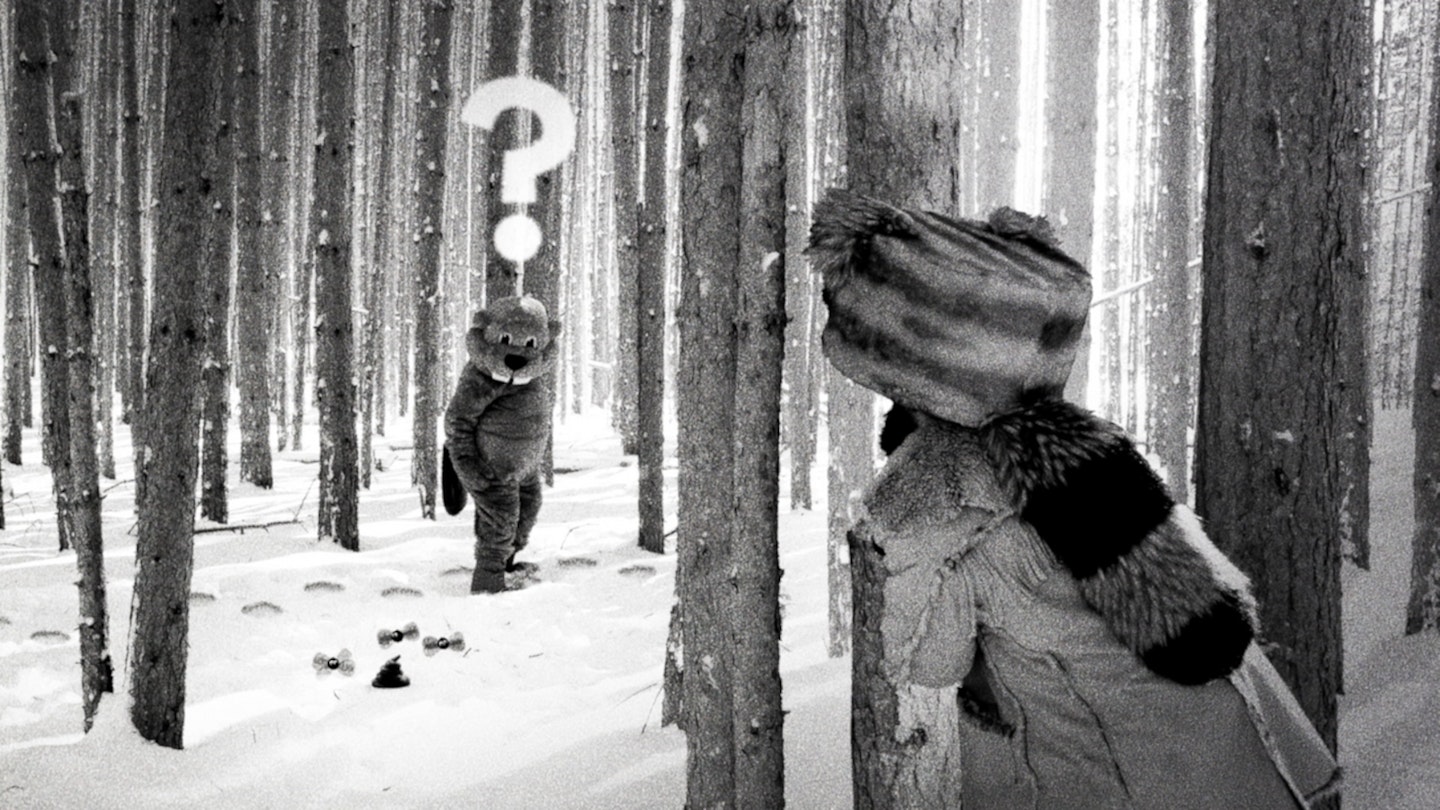
The rise of streaming — blessing or curse?
A blessed curse full of blessings that have cursed us! I mean, I love when finance and tech bros try to ‘innovate’ or ‘disrupt’ an industry and chunks of that trickle down to interesting artists and their work gets made and gets out there. Hey, algorithms made my career possible. So, bless Squid Game, How To With John Wilson, Baby Reindeer! Curse [Warner Bros.’ David] Zaslav and the anti-Coyote Vs. Acme accountants.
What can cinemas do to make moviegoing more enticing?
Make theatres celebratory, social spaces that do more than shuffle you in and out and charge lots for popcorn. Encourage community. I LOVE when folks dress up for Barbie, or dance at RRR, or sit and chat for hours over a beer after seeing (and reading about) It Ends With Us, or scream at the screen about how heartbreak feels so fucking good in a place like this.
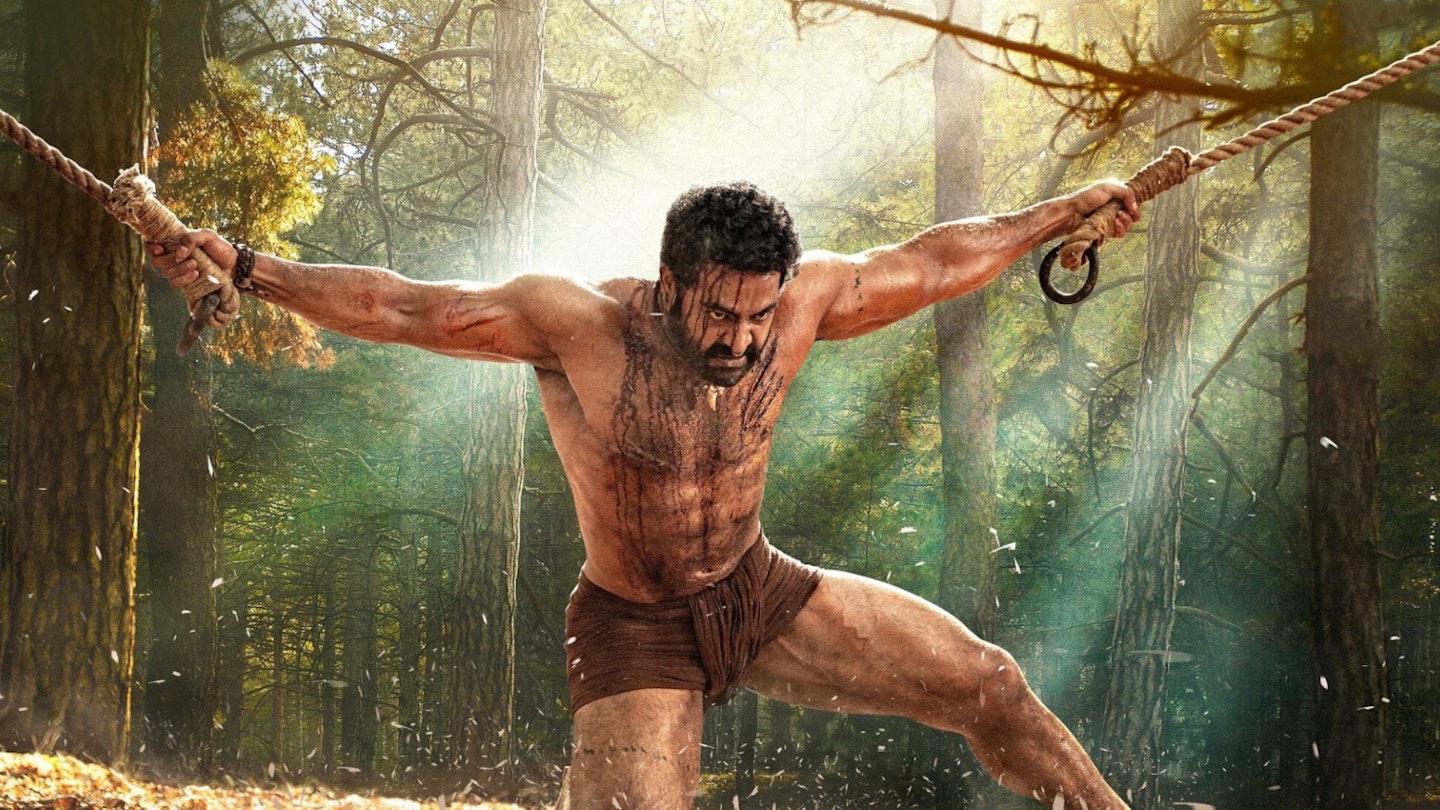
What’s your take on AI?
A lot of smart people want to use it to make the world a better place and I wish those people the absolute best, but I personally don’t trust the billionaires racing to deploy it everywhere first, and think that shit is disturbing, dangerous, and might destroy the world as we know it.
Name one or more people whom you consider to be ‘the future of cinema’.
Check out A24 and Neon and Focus Features’ lowest-grossing movies last year. I think there are hundreds of artists out there who made a so-called ‘flop’ movie who will surprise us all, and change our lives, and become the future of cinema (if our industry can be creative and forgiving enough to let folks experiment and make a few mistakes along the way). These folks didn’t make flops but they made indie movies I loved last year: Savanah Leaf, Zachary Wigon, Daniel Goldhaber. Oh wait, I have a new answer: Mike Cheslik and the team behind Hundreds Of Beavers. That movie is the key to making theatres fun, and is the future of cinema, and blew me away, and I’d like to start over and say the word that comes to mind is BEAVERS.
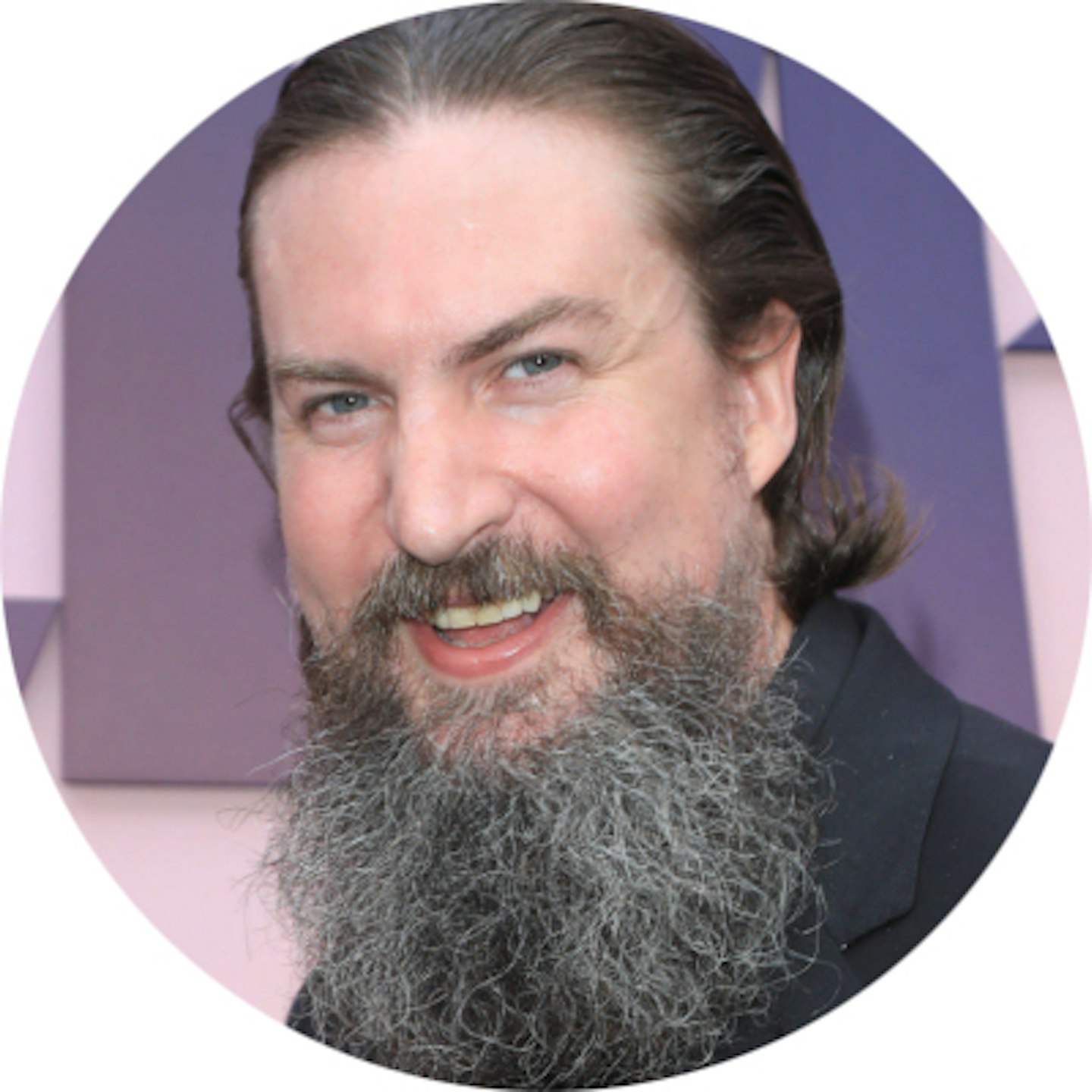
Adam Wingard
(Godzilla X Kong: The New Empire, The Guest, You're Next)
What is one word that comes to mind when you consider the state of cinema?
Defenestrated.
What was the last new film to blow you away?
Furiosa. I found myself blown away by how much I loved it.
The rise of streaming — blessing or curse?
Both. I’ve contributed to either side and I’ll always be in favour of the cinemas by a long shot, both as a filmmaker and fan. However, I can’t deny the great opportunities that streaming provides. When I made The Guest back in 2013 it came out at the tail-end of the video market and streaming hadn’t quite kicked in, so that film never really reached the audience that it should have despite it being the best picture I’ve directed to date. If we released The Guest now, with streaming culture as it is, I believe it would be a much bigger deal.
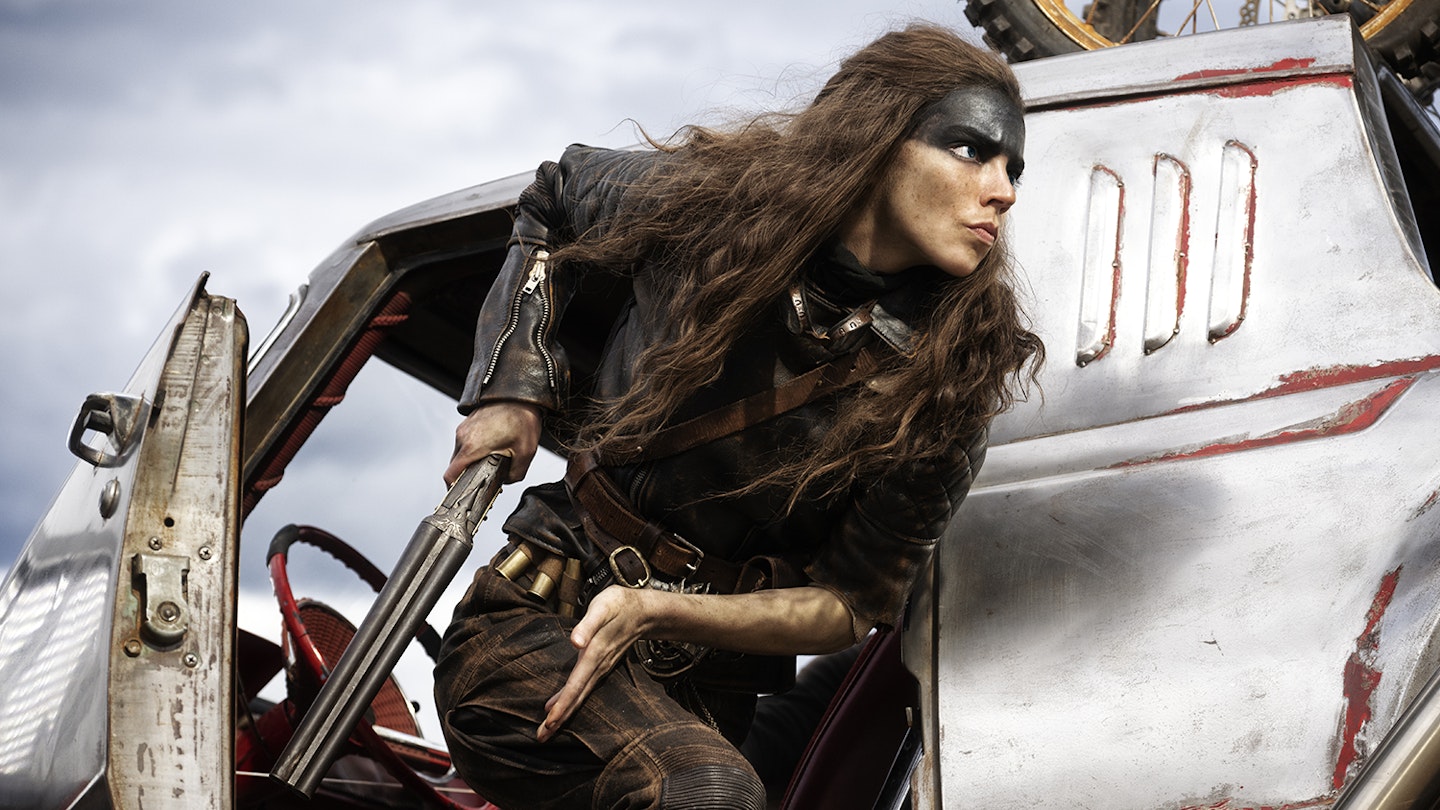
What can cinemas do to make moviegoing more enticing?
More emphasis on IMAX and Dolby Vision. Giving the audience a premium experience they can’t get at home.
What’s your take on AI?
As much as I hate to say it, AI is an inevitability that EVERY industry is going to face. There is no going backwards so I think all we can do is figure out how to best utilise it as another tool. For example: I believe AI is going to be a great editing asset wherein filmmakers can extend a look from an actor for another couple seconds or eliminate a distracting blink. On the flip side, the main fear I have is that AI will make us lazy and dehumanise the whole process. Because of this, I think ten years from now the industry is going to be completely different in both good and bad ways that we can’t even predict. Ultimately, AI is going to make us re-evaluate what filmmaking and cinema mean to us.
Name one or more people whom you consider to be ‘the future of cinema’.
Chris Nolan is, and will continue to be, the most important figure in cinema because of his commitment to analogue/old-school filmmaking. He reminds us that when the audience can trust that pretty much everything we are seeing on screen is real and photographed in-camera, it truly does have a massive impact on the viewing experience; that the most important thing about cinema is human creativity.
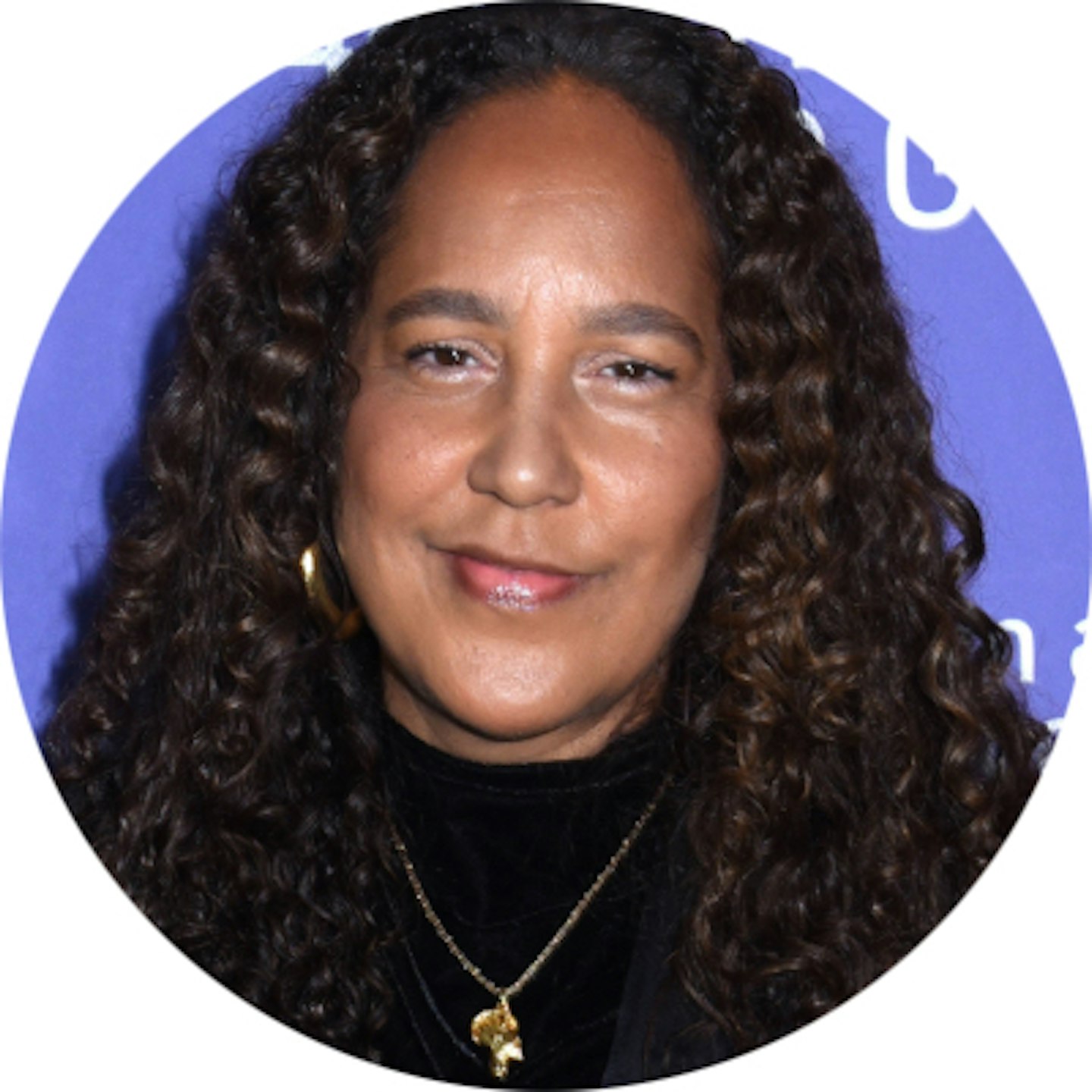
Gina Prince-Bythewood
(The Woman King, The Old Guard, Love And Basketball)
What is one word that comes to mind when you consider the state of cinema?
Necessary.
The rise of streaming — blessing or curse?
Both. Streaming has absolutely opened up the cinematic landscape to filmmakers who have unique stories to tell. But it has also fostered a narrative that films only deserve [a] theatrical [release] if they can be eventised.
What can cinemas do to make moviegoing more enticing?
Mirror the Arclight experience by making it feel special and fun. Clean venues. Great concessions. Greeters introducing the film. Lose the endless commercials.
What’s your take on AI?
It is not creative. It just takes from others’ creativity.
Name one or more people whom you consider to be ‘the future of cinema’.
The future of cinema are the voices that have been excluded from cinema. That is where you will find fresh, unique stories about characters and worlds we have not yet seen.

Todd Phillips
(Joker: Folie À Deux, Joker, The Hangover 1-3)
What is one word that comes to mind when you consider the state of cinema?
Critical.
What was the last new film to blow you away?
Kinds Of Kindness. Yorgos Lanthimos is doing some of the most exciting and original work out there. His partnership with Emma Stone feels meant to be. And Jesse Plemons always delivers. I loved every cold-hearted minute of it.
The rise of streaming — blessing or curse?
Streaming has been an absolute blessing for TV shows and limited series. Whether it’s originals like Stranger Things or Black Mirror or breathing new life into Breaking Bad and Fargo, streaming has served that side of the business incredibly well. However, I don’t think it works the same for films. The movies have always been a business that attracts gamblers. The filmmakers, the studios and the exhibitors. We’re all gambling, when you think about it. Spending time and money — and hoping we have something the public will turn up for. That’s the sweat. And gamblers love the sweat. Streaming has removed the sweat from releasing a film. There’s nothing quite like that opening-weekend panic — will they show up? Will they respond? Can we stick around and play for four or five weeks? It feels like the streaming services have taken all the risk away — and with that, some of the magic. But maybe that’s just ’cause I’m a degenerate gambler.
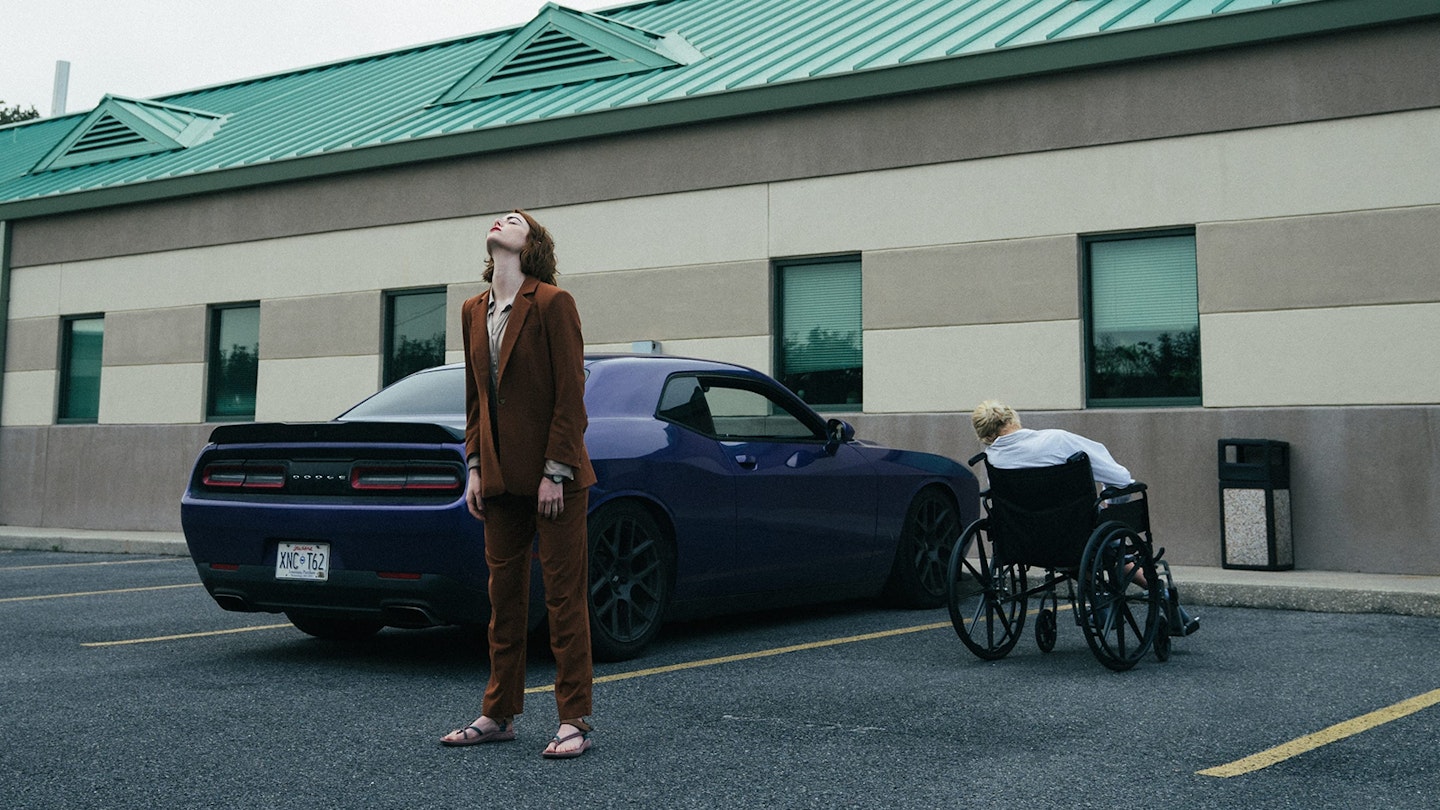
What can cinemas do to make moviegoing more enticing?
Stop showing commercials before the movies. We’ve paid for our tickets. We’re excited to be there. The commercials tend to take the air out of the room. We’re struggling to get people out of their houses, to differentiate the experience they have at home — showing commercials is not helping.
What’s your take on AI?
Honestly, I don’t know enough about it to have a properly formed “take”, but it seems like it’s a double-edged sword. For me, the best films tend to feel “hand-made” — not sure how that authenticity is reconciled with AI.
Name one or more people whom you consider to be ‘the future of cinema’.
Josh Safdie. Benny Safdie. Alice Rohrwacher. Jordan Peele.

Jeff Nichols
(The Bikeriders, Loving, Mud, Take Shelter)
What is one word that comes to mind when you consider the state of cinema?
Resilient or precious.
What was the last new film to blow you away?
Godzilla Minus One. I saw this film on an IMAX screen, and I found it completely immersive. This feeling is why I got into making films in the first place, and I hadn’t experienced it in a theatre in a very long time.
The rise of streaming — blessing or curse?
Meh, maybe the wrong question. The real concern here is curation. Early streaming services were built on a model that wanted to disrupt home video release schedules. They overachieved in their goals and actually broke a thing that didn’t need to be broken, the theatrical experience. However, they’ve also broken traditional TV programming with the amount of content they offer. At the end of the day, people want guidance on what to watch, and the algorithms miss the point. We don’t want choices gleaned from past viewing habits. We want to be exposed to great material made by thoughtful people and selected by people that are paying attention. With streaming, I think we are looking at a technology in its infancy. It will get better. It has to, or it will become irrelevant.
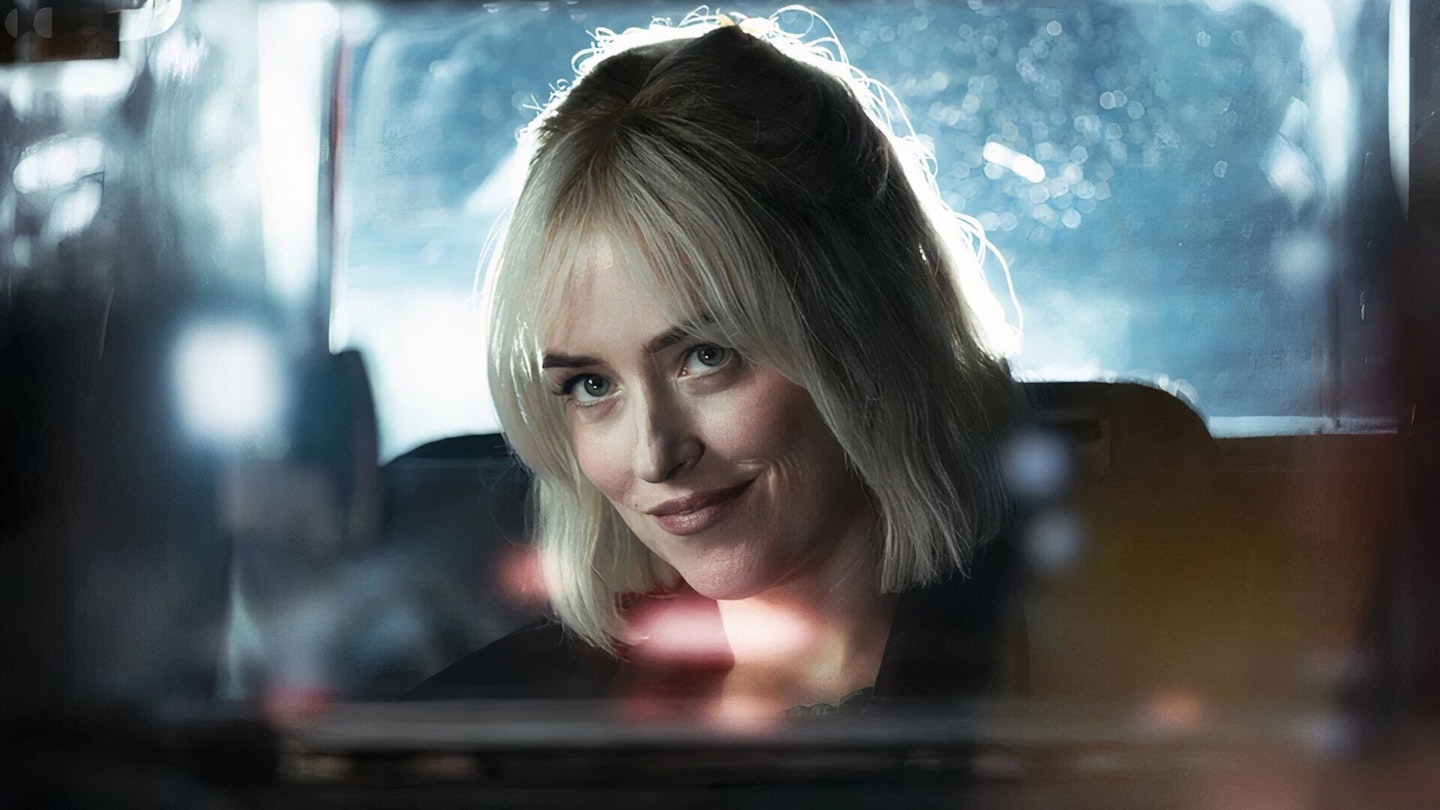
What can cinemas do to make moviegoing more enticing?
Scale. I think every screen should be IMAX. It’s silly that only giant movies are released in this scale. Emotionality can actually deliver at this scale better than action. See my answer to the second question.
What’s your take on AI?
It’s a tool. Learn it and use it.
Name one or more people whom you consider to be ‘the future of cinema’.
Michael Schwartz (The Peanut Butter Falcon and Los Frikis). Christy Hall (Daddio).

Luca Guadagnino
(Challengers, Bones And All, Call Me By Your Name)
What was the last new film to blow you away?
Rewatch last night of Jean Renoir’s La Règle Du Jeu.
What can cinemas do to make moviegoing more enticing?
Take big risks and empower the intelligence of the audiences with thought-provoking endeavours.

Name one or more people whom you consider to be ‘the future of cinema’.
Wang Bing, Giovanni Tortorici, Mati Diop.

Sofia Coppola
(Priscilla, Marie Antoinette, Lost In Translation, The Virgin Suicides)
What is one word that comes to mind when you consider the state of cinema?
Hope.
What was the last new film to blow you away?
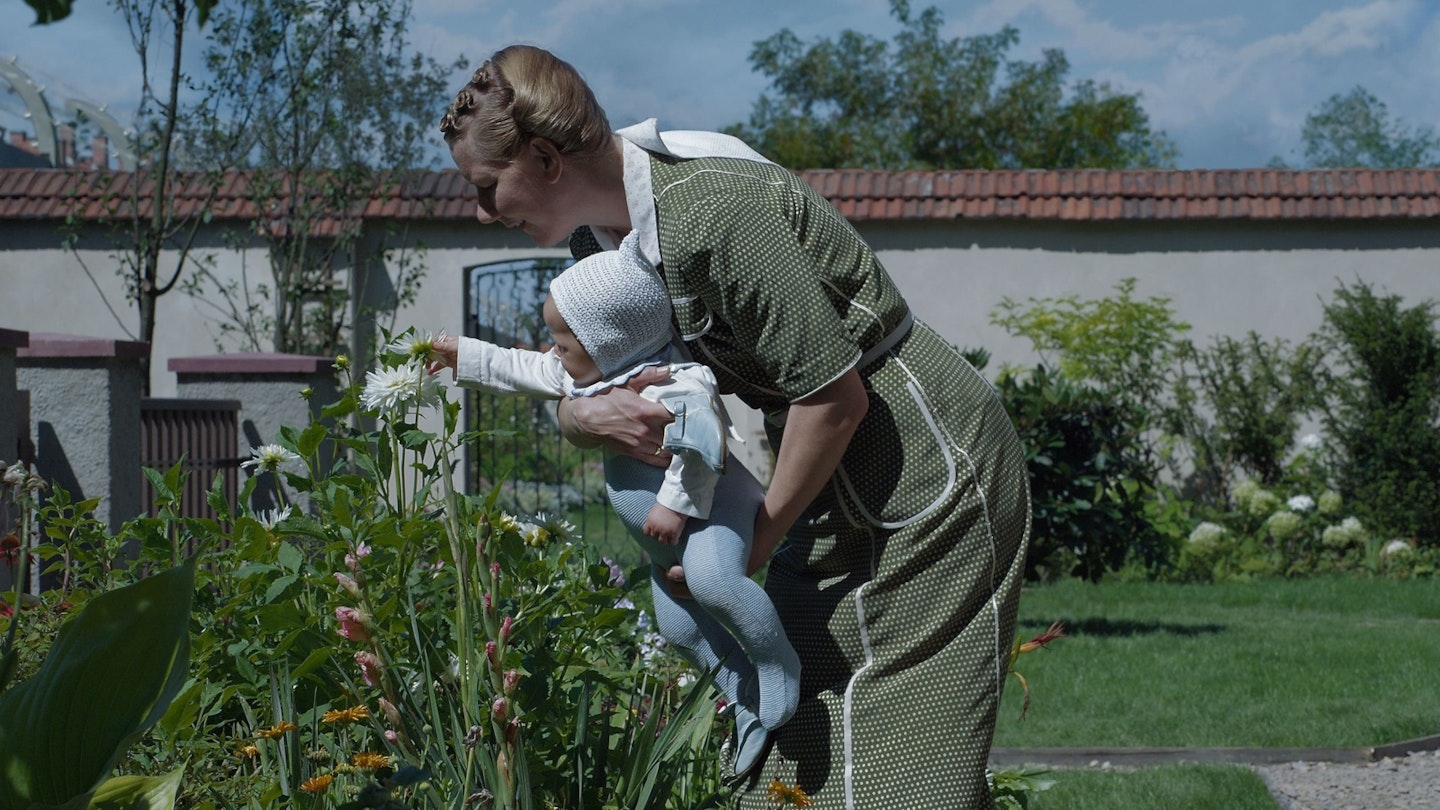
The rise of streaming — blessing or curse?
I think it’s made it hard for independent films and uniqueness. Algorithms don’t support things that are different.
What can cinemas do to make moviegoing more enticing?
I think screening them in a nice place you want to go — London has great theatres with bars and places to hang out and talk. We don’t have that in the US that much.
What’s your take on AI?
I think it can be helpful, but I think you need a heart and soul to make art.
Name one or more people whom you consider to be ‘the future of cinema’.
I look at my kids and their friends editing videos on their phones with ease and in an impressive way, and will be curious to see what their generation makes.

Reinaldo Marcus Green
(Bob Marley: One Love, King Richard, Monsters And Men)
What is one word that comes to mind when you consider the state of cinema?
Boundless.
What was the last new film to blow you away?
Anatomy Of A Fall (Justine Triet).
The rise of streaming — blessing or curse?
Blessing.
What can cinemas do to make moviegoing more enticing?
I can only speak now as a family of four, but it’s relatively the same cost as going to Disneyland for the day. I would look at pricing holistically. Also flexibility of screening times would help. I find screening times less and less reflective of society’s flex schedules and work-from-home hours — with our new norms I think cinemas are a tad behind the times.

What’s your take on AI?
AI isn’t new. As is the premise of Moneyball, it’s adapt or die.
Name one or more people whom you consider to be ‘the future of cinema’.
Too many to count. But a few names that inspire me personally: Rashaad Ernesto Green, Ryan Coogler, Barry Jenkins, Shaka King, A.V. Rockwell, Charlotte Wells.

Paul Feig
(Jackpot!, The Heat, Bridesmaids)
What is one word that comes to mind when you consider the state of cinema?
Evolving. Audiences have different levels of sophistication now and aren’t swayed by mere visual spectacle anymore since they’ve seen pretty much everything thanks to CGI, and so we have to keep rethinking how we’re going to surprise and dazzle them. To me, this means we have to emotionally dazzle them with unexpected characters and stories and plot-twists and fresh voices, which can then be supported by as big or little VFX and imagery as enhances the storytelling.
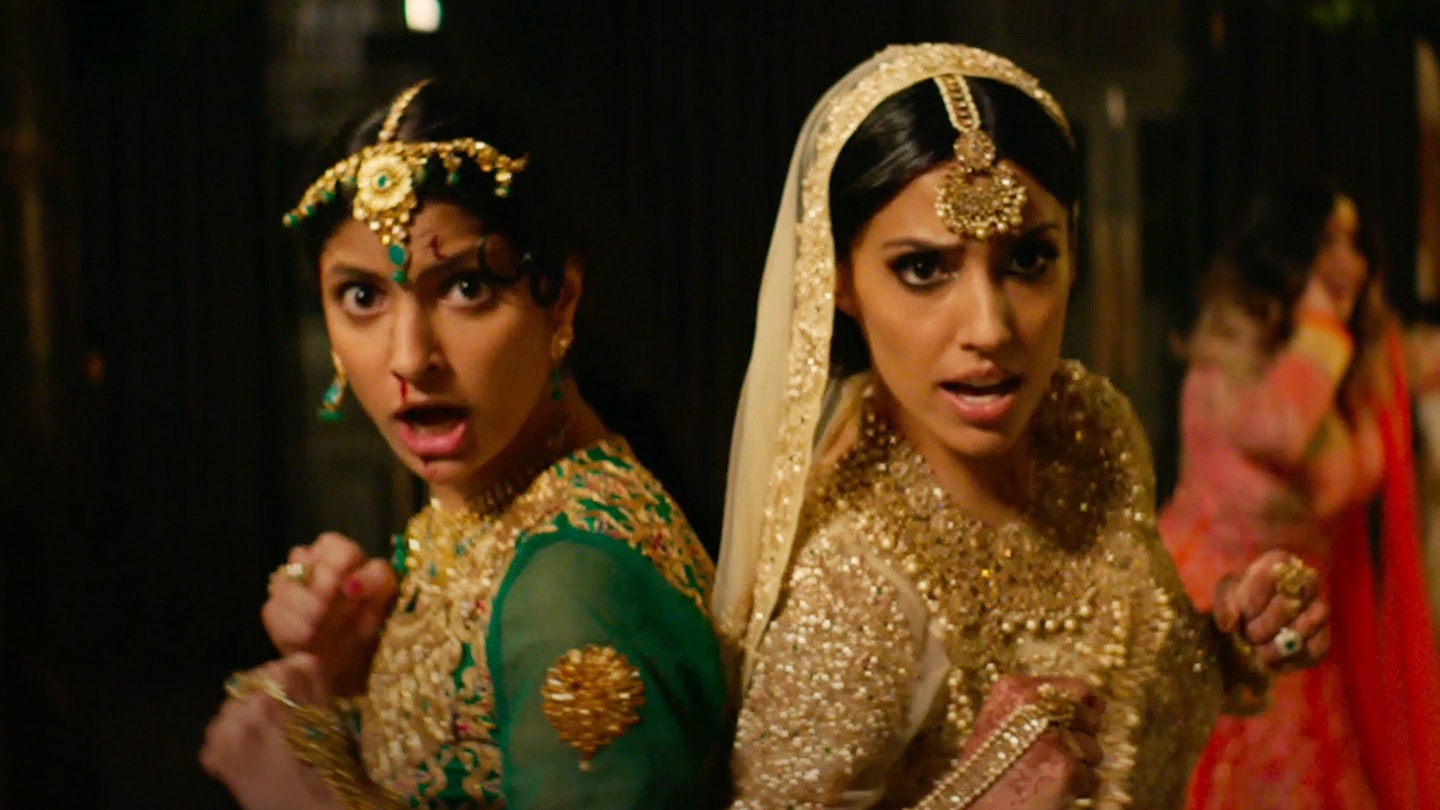
What was the last new film to blow you away?
Abigail. It was a total maximalist thrill-ride, funny, scary and over-the-top in the best way possible.
The rise of streaming — blessing or curse?
A blessing for filmmakers who simply want to get their movies made. We’d all love to be making theatrical films with big releases but with the studios cutting back on their output, the streamers have really stepped up to let us tell our stories with real budgets. As much as we miss having audiences experience our films as a group in a theatre, the fact is that more people will see our movies on a streaming platform where it’s much easier to get them to click on the title than get them into their cars and to the cineplex. Nothing will ever replace the theatrical experience, but it’s more important to get movies made than not.
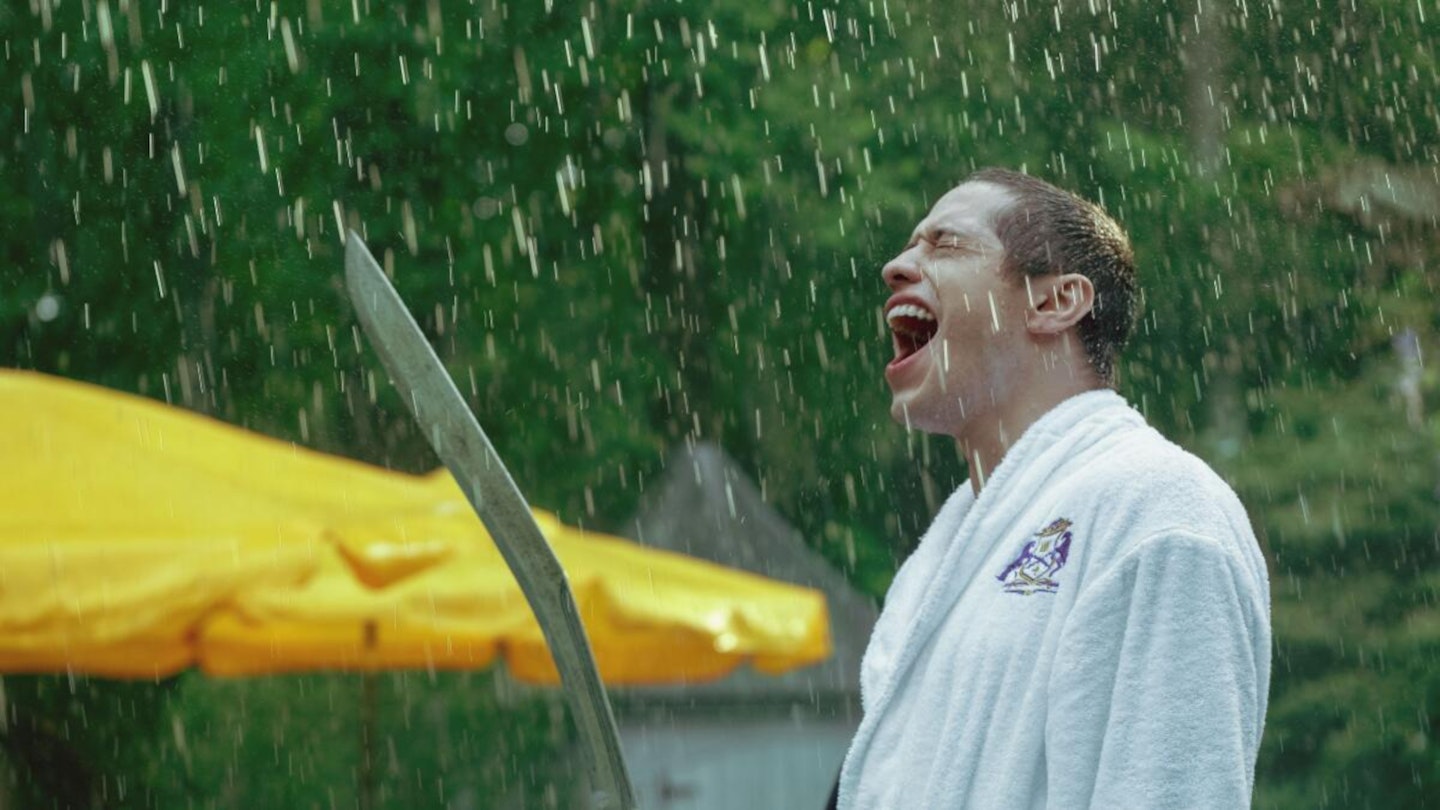
What can cinemas do to make moviegoing more enticing?
More comfortable seats, but get rid of reclining chairs and food service during the film. There needs to be a difference between watching a movie at home and in a theatre with other people. They could also check people’s phones at the door — try and eliminate as many distractions as possible.
Name one or more people whom you consider to be ‘the future of cinema’.
Nida Manzoor (Polite Society) because of her willingness to go big and go fun and funny while still finding the heart and emotion, Scott Mann (Fall) for creating insanely high tension and drama, Fawzia Mirza (The Queen Of My Dreams) for making a heartfelt family dramedy that has so many layers, and Halina Reijn (Bodies Bodies Bodies) for walking the line between outrageous comedy, tense thrills and hilarious twists.

Gurinder Chadha
(Blinded By The Light, Viceroy’s House, Bend It Like Beckham)
What is one word that comes to mind when you consider the state of cinema?
Perseverance.
What was the last new film to blow you away?
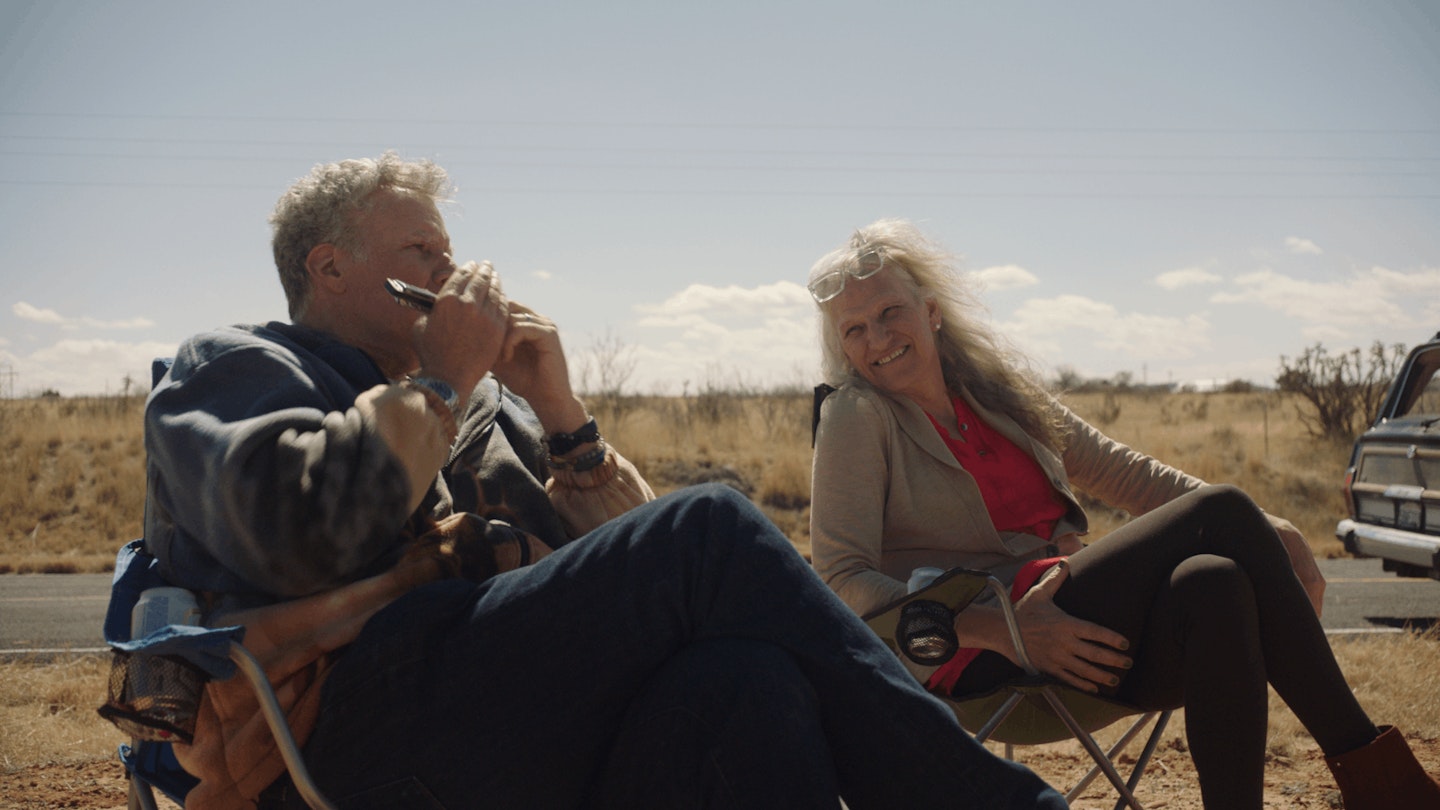
The rise of streaming — blessing or curse?
Mixed blessing! Storytelling is storytelling but some films need to be seen on a big screen.
What can cinemas do to make moviegoing more enticing?
Be affordable for families.
What’s your take on AI?
Scary but inevitable. We have to harness its positives and make them work for us writers and filmmakers. I do believe AI cannot replicate emotional depth in the way screenwriters can.
Name one or more people whom you consider to be ‘the future of cinema’.
Constantly looking for them, filmmakers that embrace diversity and cinematic language while showing us a window on the world and our souls.
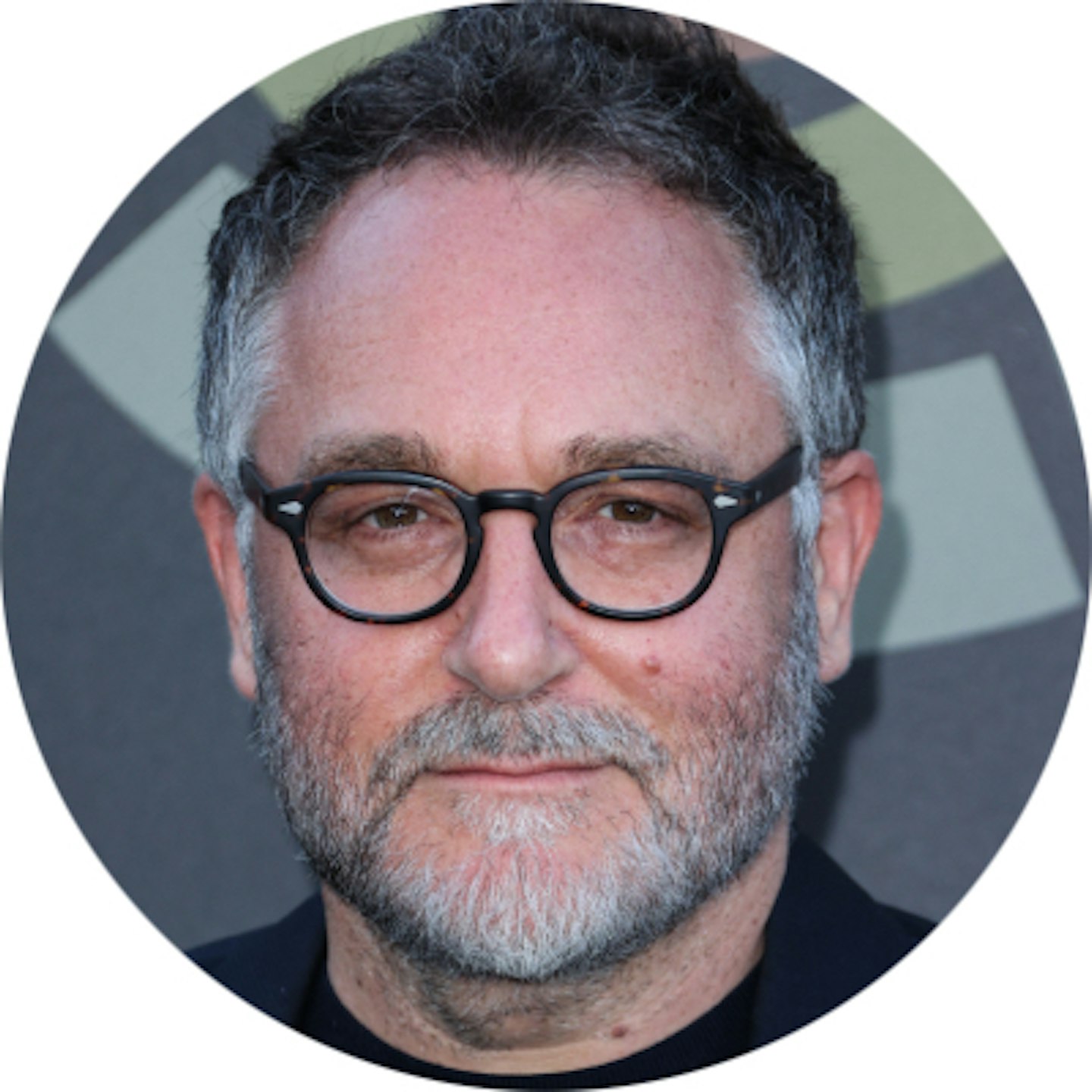
Colin Trevorrow
(Jurassic World: Dominion, Safety Not Guaranteed)
What is one word that comes to mind when you consider the state of cinema?
I want to stay optimistic. Let’s go with “patience”.
What was the last new film to blow you away?
The last Spider-Verse film. I loved the first one, but there were huge ideas in the second film that knocked me sideways. I get fired up when writers and filmmakers find a new angle on stories we’ve known so long. The way they broke down the commonalities in all Spider-Man stories and made that a narrative unto itself — incredible. I felt the same way about Joker — reframing Arthur Fleck as the potential secret son of Thomas Wayne was awesome. I literally stand up in the theatre when filmmakers take big swings and connect. I’ll act like I’m at a football game — my kids will be like, “Dude, please sit down.” I know the industry is in dire straits, but our best work is not behind us. Some of the best filmmaking I’ve ever seen came out in the last five years. Portrait Of A Lady On Fire. Oppenheimer. 1917. These are extraordinary pieces of work. It’s not over.
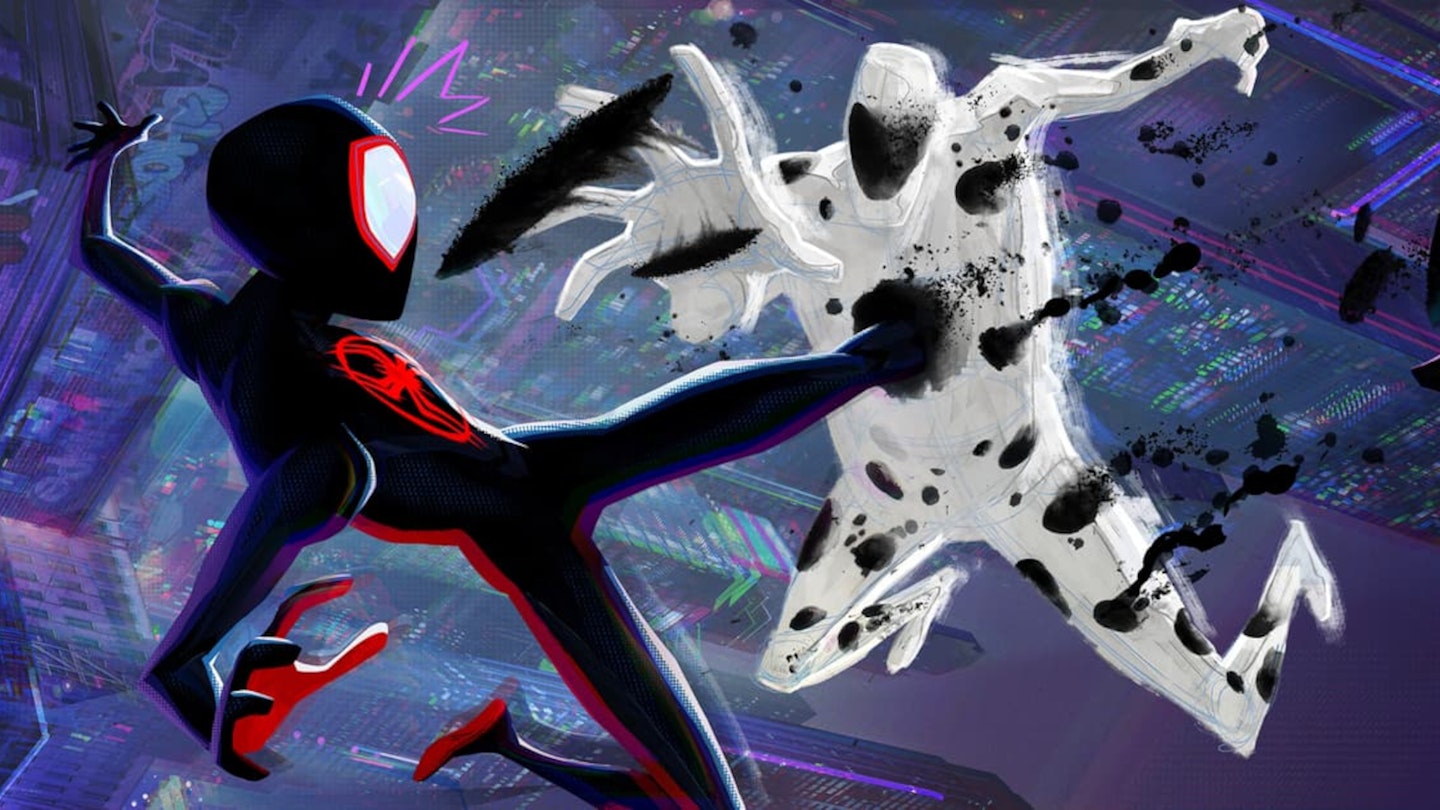
The rise of streaming — blessing or curse?
I think streaming has given the audience an all-access pass to film history in a way that no generation before could have imagined. You can pretty much access the entire scope of cinema history in a few clicks. That’s extraordinary. I know there’s a much bigger conversation raging about streaming versus theatrical, and it’s an important one, but it’s worth celebrating that streaming has enabled us to enjoy film the way we get to enjoy music — completely and holistically as an art form.
What can cinemas do to make moviegoing more enticing?
I feel like a lot of complaints I hear about the cinematic experience aren’t necessarily the fault of cinemas. It’s hard to police people spending half the movie on their phone. I’ve been to plays in London where the person in front of me was on their phone — I’m not blaming live theatre for that. I do think people would go to the movies more if they had more options, but time and again the movies we used to go see in theatres are opening to numbers that can’t support their budgets. It’s a vicious circle.
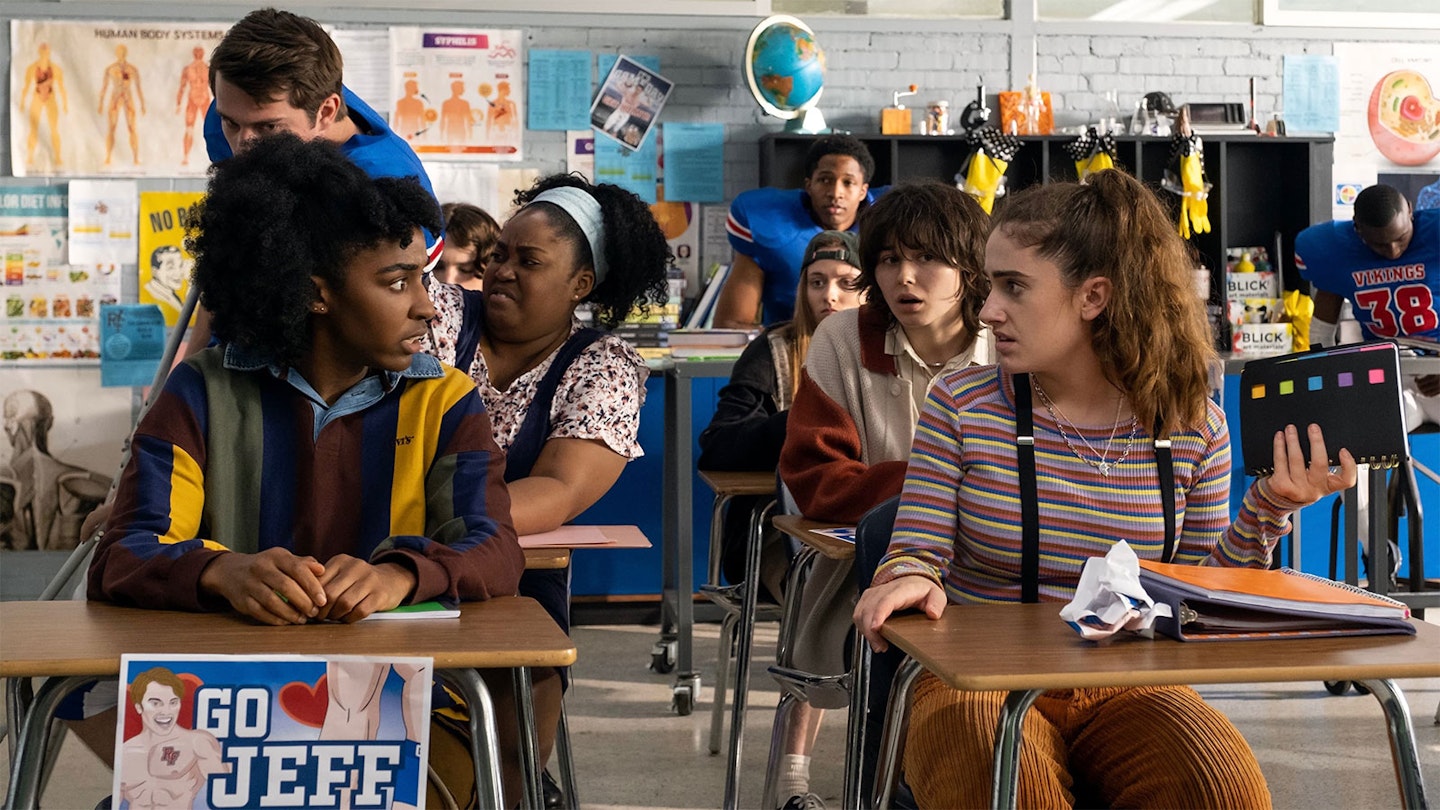
What’s your take on AI?
I’m... not going to say anything negative about AI. It is listening.
Name one or more people whom you consider to be ‘the future of cinema’.
The future of cinema is anyone willing to take a risk. Emma Seligman is a very cool filmmaker. I love Cooper Raiff’s stuff. The next generation is finding their audience, even in a climate that is challenging for independent film. I also think there will be some major steps forward when the kids who grew up on immersive video-game narratives start bringing the two mediums closer together, experimenting with passive and interactive storytelling. The future of cinema is exciting if you don’t limit it to cinema as we know it today.

Chinonye Chukwu
(Till, Clemency)
What is one word that comes to mind when you consider the state of cinema?
Transitioning.
What was the last new film to blow you away?

The rise of streaming — blessing or curse?
It’s all part of the transition that cinema is presently navigating.
What can cinemas do to make moviegoing more enticing?
I’m not sure if I would put the burden on cinemas.
What’s your take on AI?
It should be used ethically and with the full consent of creatives, if used at all.
Name one or more people whom you consider to be ‘the future of cinema’.
Danielle Deadwyler (star of Till). Alana Mayo (President of Orion Pictures). Channing Godfrey Peoples (Miss Juneteenth).
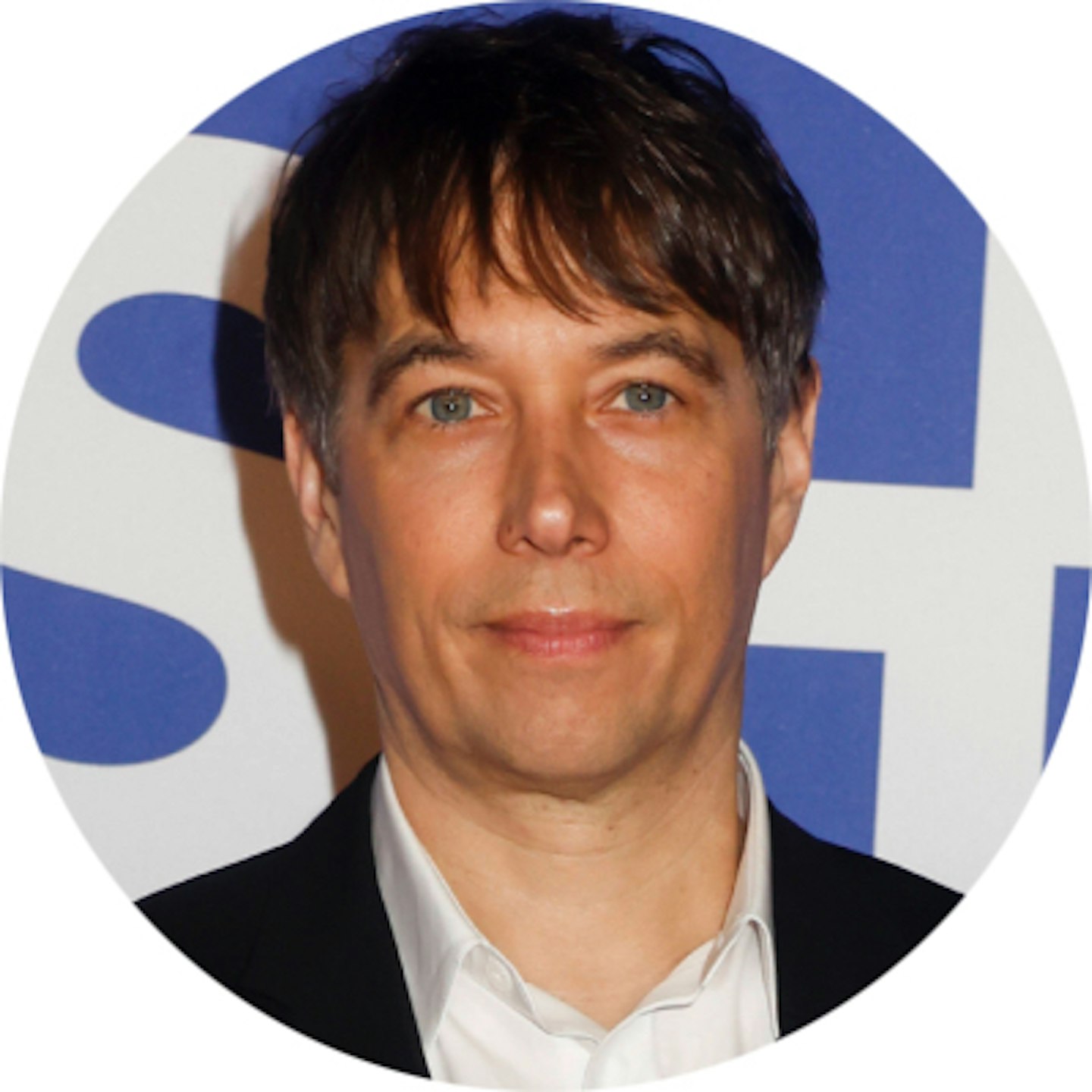
Sean Baker
(Anora, Red Rocket, The Florida Project, Tangerine)
What is one word that comes to mind when you consider the state of cinema?
Distressing. I want to say hopeful, but I’m a little distressed. We have streamers that are not taking into consideration how filmmakers might want their films exhibited, and they are directly hurting the survival of theatres. We have audiences who’ve changed their whole way of thinking about movies because of Covid and streaming, and technology in general, phones etc. People are abandoning celluloid. We have filmmakers who, for some reason, are okay with their films going directly to streaming, or are just abandoning film altogether, and saying, “Hey, I’ll take a series.” It’s very frustrating for me, for somebody who’s finally broken in after all these years of trying, to see the art form that I love starting to drift away.
What was the last new film to blow you away?
I think that Catherine Breillat’s Last Summer is the strongest film so far this year. It spoke to me.
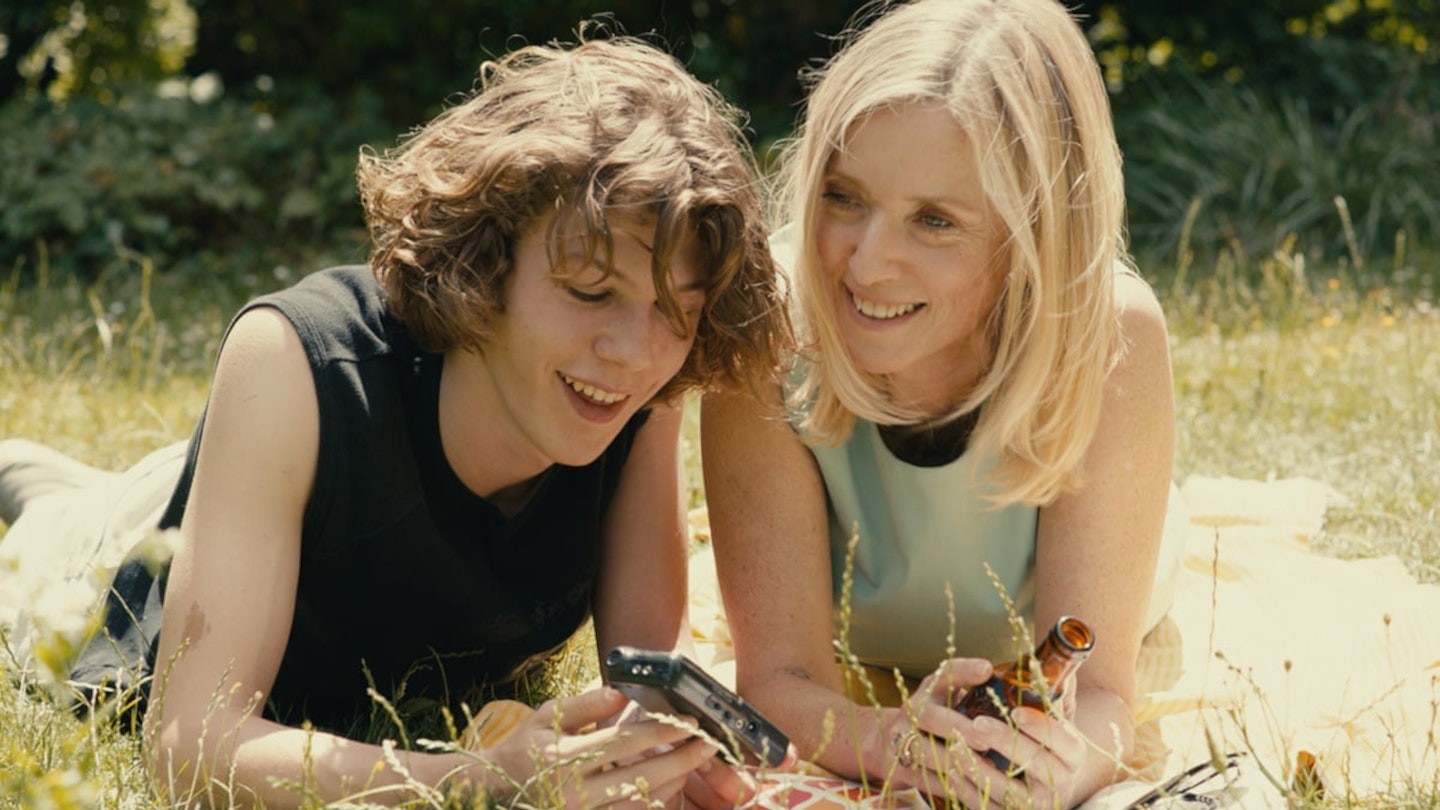
The rise of streaming — blessing or curse?
I love the accessibility to almost any title you could ever want. But when it starts affecting other forms of exhibition, and also the way that filmmakers make money, well, that’s a problem.
What can cinemas do to make moviegoing more enticing?
I don’t think it’s in any way the theatres’ fault, or even their responsibility, but I think audiences have to be reminded that it is a wonderful way of seeing a feature film. I would love to see theatres getting film projectors back in. I think that that really does bring audiences out.
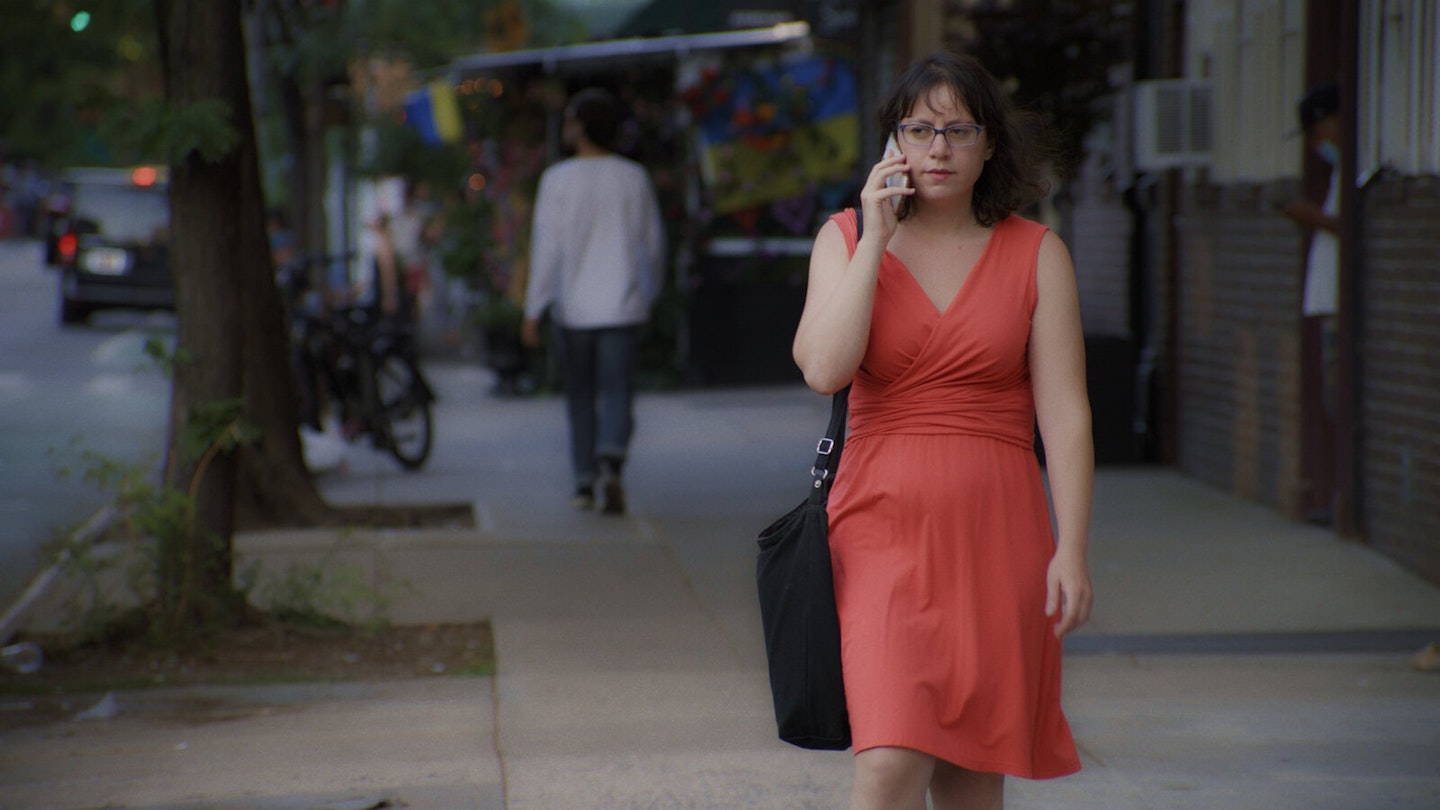
What’s your take on AI?
Anytime that AI is bringing people back from the dead, and suddenly we have a new Marilyn Monroe film, obviously, there are major issues there. I don’t want it to rob any below-the- line crew members of their jobs, eliminating a workforce. It can help in pre-vizing, and with some production design.
Name one or more people whom you consider to be ‘the future of cinema’.
I really love the fact that there is a new wave of auto-fiction coming out of New York City. I executive-produced Joanna Arnow’s film The Feeling That The Time For Doing Something Has Passed, and I love her, I see her working in feature films forever. The new wave of auto-fiction, where people are playing versions of themselves, really blurs the line: it’s vérité, but very personal and intimate. And it’s not just New York — there’s the movie Vera that came out of Austria last year. I see that as a next step in filmmaking.
ON THE MONEY
Last year, Japan's Godzilla Minus One proved that jaw-dropping effects don't have to cost $200 million. Can Hollywood follow suit?
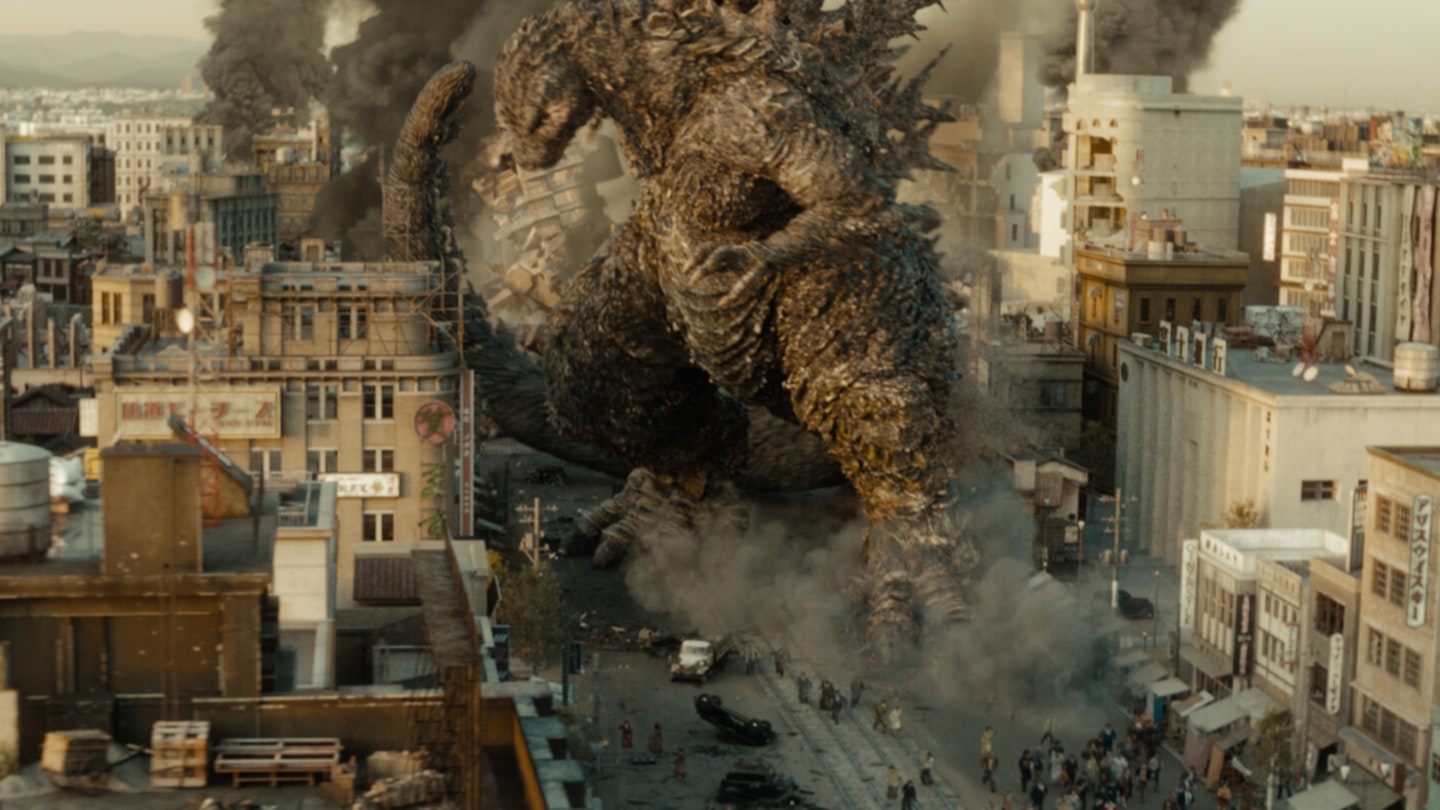
“THIS IS MY entire team behind me,” laughs Takashi Yamazaki over Zoom, gesturing at the ten or so people in his small Tokyo office. The director is explaining how his 2023 epic Godzilla Minus One — made for just $15 million — managed to beat the $200-million-plus likes of Guardians Of The Galaxy Vol. 3 and Mission: Impossible — Dead Reckoning Part One to the Oscar for Best Visual Effects earlier this year. And, apparently, the film’s skeleton crew was a major factor.
“A small team is key,” Yamazaki explains. “[I have] heard that in Hollywood the process to check [VFX] material can be quite complicated — artists must create multiple options, so filmmakers can choose between them. That takes time and [requires] more people working. With a small team, checking and reviewing is quicker.” The fact that Yamazaki is both director and VFX supervisor further streamlines proceedings. And while he’s insistent that “for a Japanese film, [a $15 million] budget isn’t that small,” his city-pulverising lizard still looks far slicker than much of what Hollywood is currently achieving for double or triple the price.

Godzilla Minus One — along with fellow 2023 Oscar nominee The Creator — is part of a new wave of movies taking a more inventive approach to visual effects, and producing jaw-dropping results for considerably less cash. The Creator’s director Gareth Edwards — who also has roots in VFX — made the bold decision to shoot his 2023 futuristic thriller in real locations (mainly Thailand), and layer sci-fi elements into the background afterwards. “You normally design [blockbusters] to death, and spend a fortune on concept art and set-building,” Edwards told Empire last year. “But I wanted realism, and I was adamant it would be far cheaper to just buy plane tickets to the best places on Earth — if we kept the [team] small. I wanted a movie that wouldn’t cost the same as a blockbuster, but would look equal to one. Or bigger.”
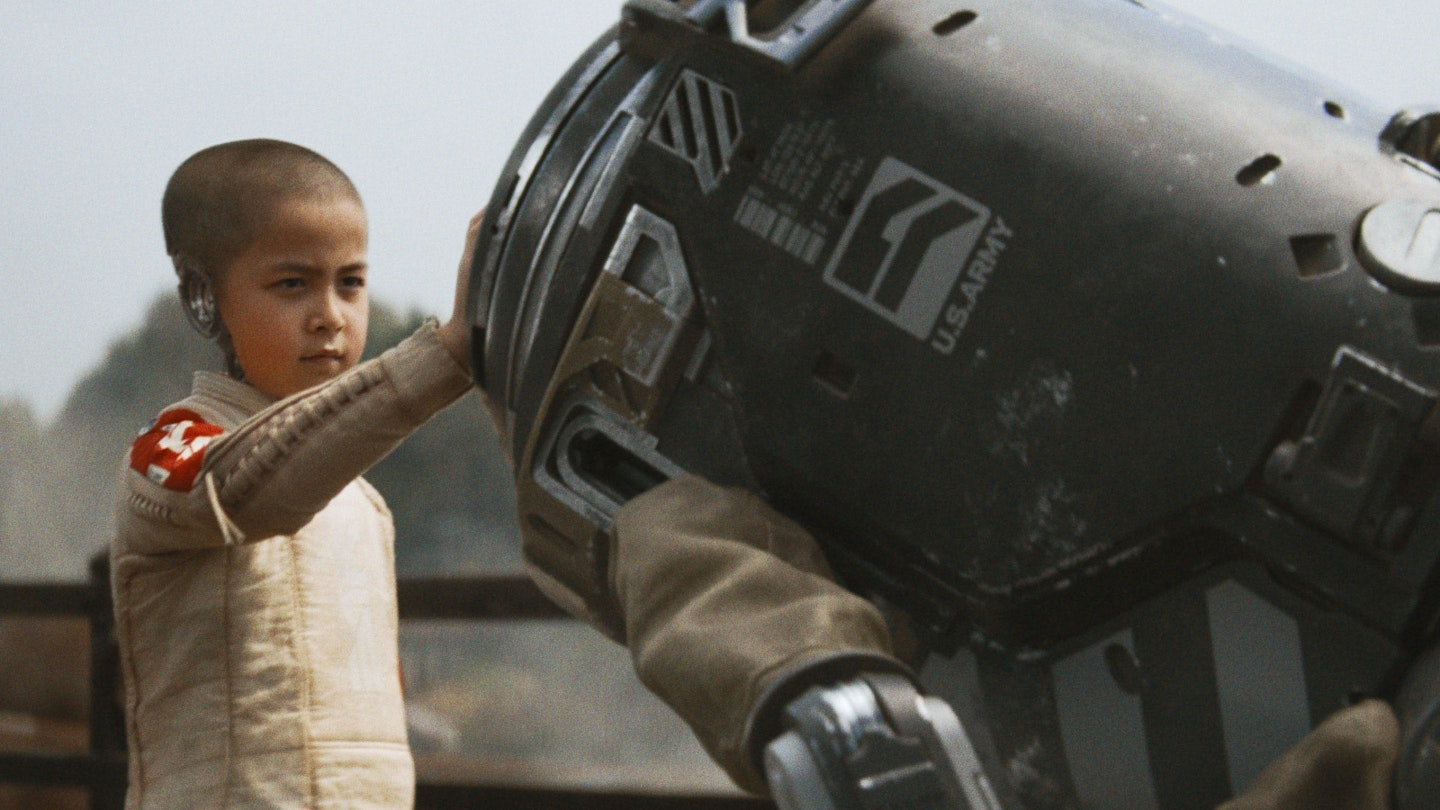
Anyone who’s seen The Creator will know Edwards achieved this. For Yamazaki, too, VFX should be worked into a film in a clear and positive way during pre-production, rather than used later as a costly Band-Aid. During development on Godzilla Minus One, the director learned one of his team was tinkering with water-based effects “as a hobby”. He then built more aquatic scenes into script: “I thought, ‘If [the artist] is so good with water, he’ll have good motivation to use it in the film.’”
Whether Hollywood will take note of these films’ leaner VFX approach remains to be seen. But Yamazaki’s Oscar triumph suggests it might be wise to do so. “Coming from Japanese VFX, you never imagine you can win an Oscar,” he laughs. “I hope it will encourage people outside Hollywood to achieve higher levels of art, now that the Oscars have proved they’re open to great work from anywhere.” The future looks brighter than a blast of Godzilla’s laser breath. TOM ELLEN.
NEXT LEVEL
After decades of revolutionising filmmaking, we ask what's in store for VFX
FIRST IT WAS confined to hard surfaces and solid objects; then it conquered water and fire; then fully-CG characters became a feasible, convincing option. Today, there is little that the VFX industry can’t do with enough time and money.
The problem is finding both. Photo-realistic people were a final frontier for years, but even that is now achievable, at least with a big budget and in short bursts. Think the blend of Alyla Browne and Anya Taylor-Joy as the young Furiosa, or the de-ageing of Tom Hanks in Robert Zemeckis’ upcoming Here (both AI-assisted). “Digital humans work fine if they’re not doing much — looking moody and soulful is way easier than delivering Henry V’s St Crispin’s Day speech,” says Paul Franklin, a two-time Oscar-winner for his VFX work and one of the founders of London-based VFX giant DNEG. “But getting a completely rounded emotional performance from a completely synthetic digital human is still a way off.”
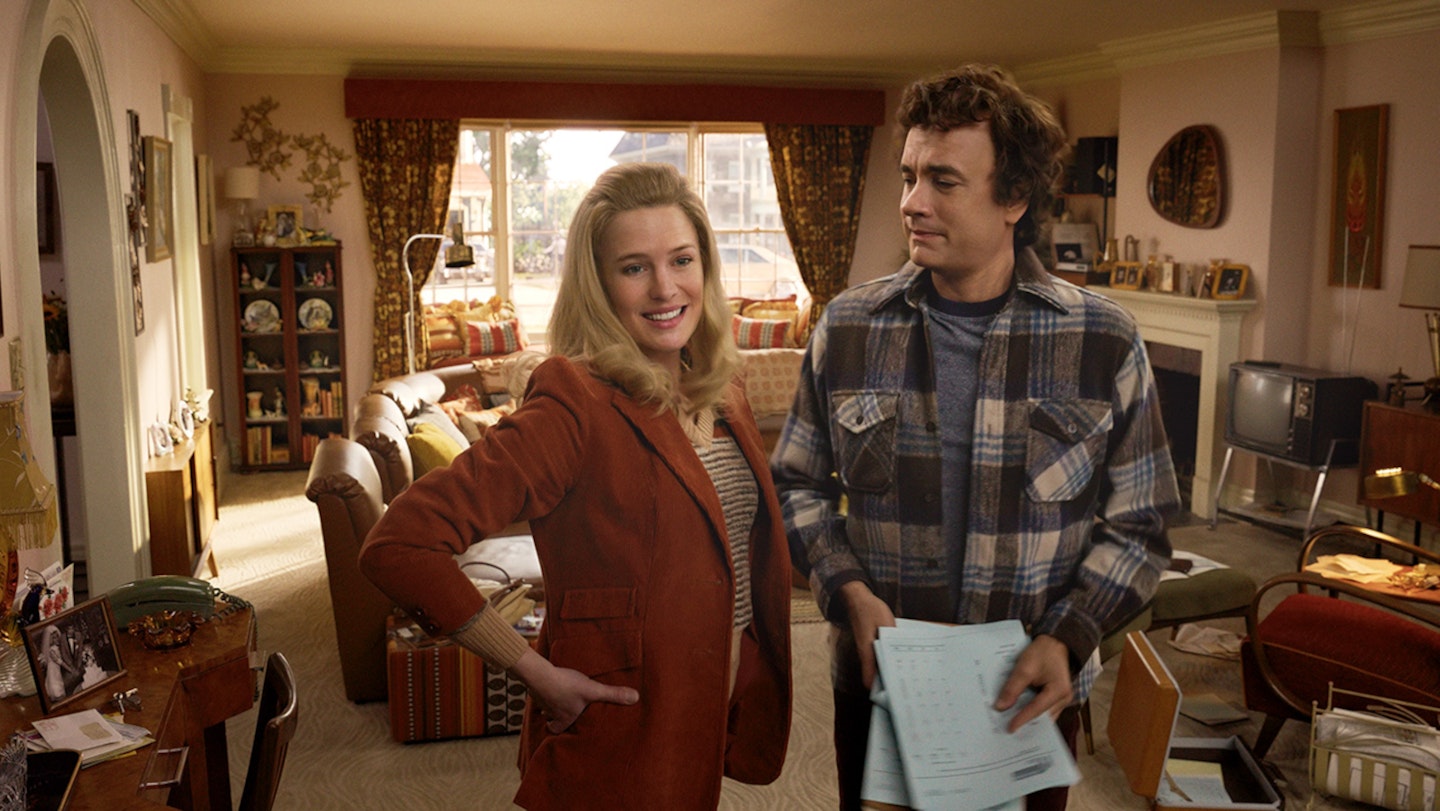
Franklin also thinks that traditional motion-capture suits, with all their reflective dots and reference points, will disappear in the next few years, because machine learning can capture 3D movement from normal video images. James Cameron managed underwater performance-capture, at considerable expense, for Avatar: The Way Of Water; so this could bring his budgets down to under the GDP of many countries. Many traditional VFX jobs and processes, in fact, may be replaced by AI. But eventually there could be an artistic pay-off to this turmoil.
“Just as the power of computers unleashed an era of epic filmmaking — think of the vast armies in The Lord Of The Rings movies, or the wondrous beauty of Pandora’s forests, or even my own trip into a supermassive black hole [for Interstellar] — I genuinely believe that AI will enable artists and filmmakers to tell stories without limits,” says Franklin. “I don’t know what these will be yet, but I’m sure that they’re coming.” For the foreseeable, we’ll still have St Crispin’s Day. HELEN O'HARA.
